30 Best Shows Of 2023 On Hulu Right Now
The best shows on Hulu this year are arguably its slate of original series. From crowd favorites like The Bear and hidden gems like The Other Black Girl to true crime classics like Never Let Him Go and docuseries like Pretty Baby, Hulu has a solid mix of different genres that warrant its growing popularity. As of 2023, it has 45 million paid subscribers in the U.S., earning itself a spot on the country’s top five streaming services.
Below you will find our recommendations for the best shows of 2023 on Hulu. These recommendations are all highly rated by viewers and acclaimed by critics. They were also watched and vouched for by one of our writers.
Jump to the top 10:
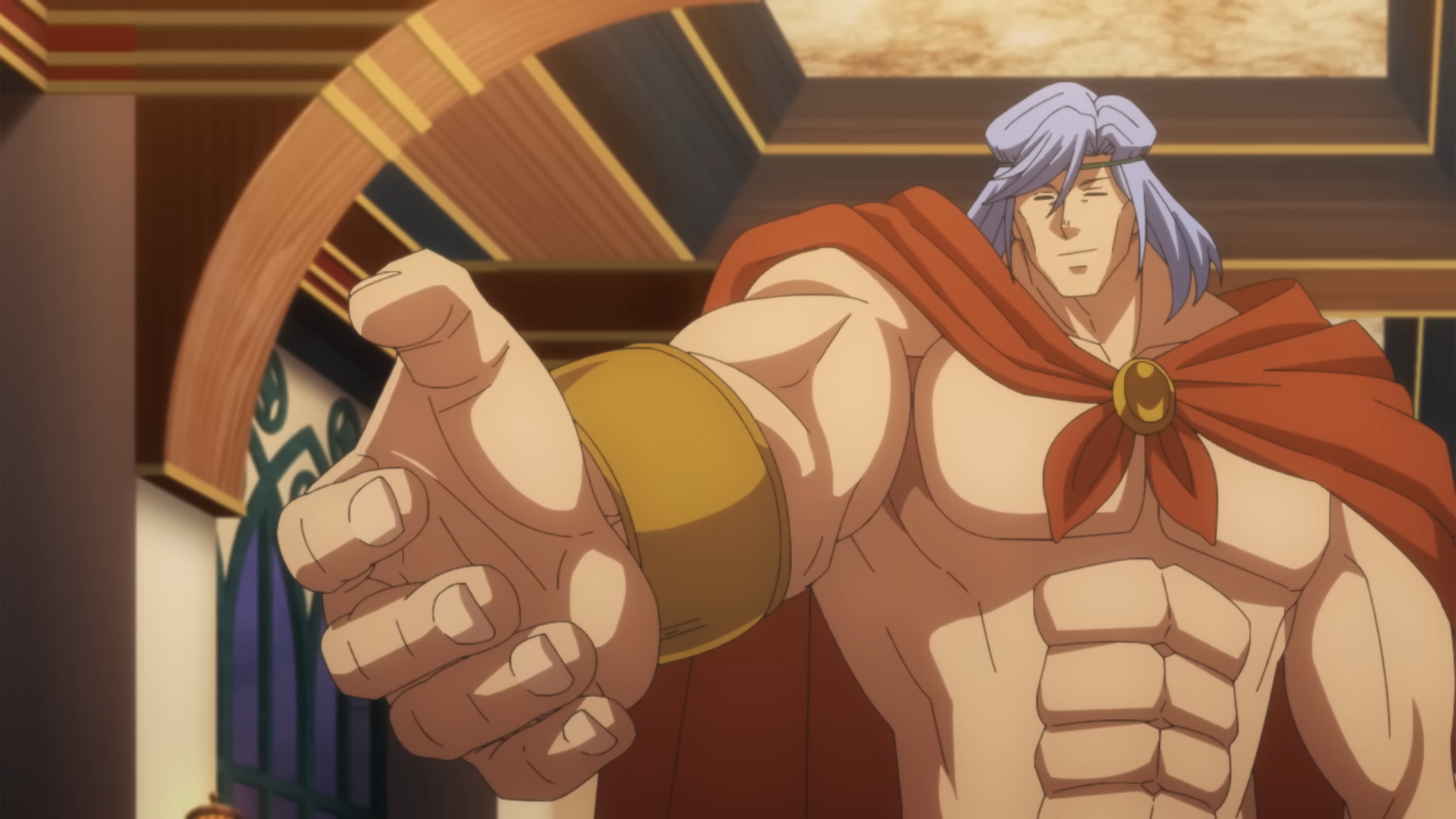
After the fall of the Demon Lord, the Demon realm hosts a tournament to find a successor. Strangely, the contestant predicted to win (stronger than other contestants in every way) is Helck, a human with a disdain for humankind. With the tournament underway, fantasy and action are abundant in the first episode alone. The mystery of Helck’s participation and the constant loom of a race war set the trajectory of the series but humor and gimmicks are never far behind. Whether it’s a ridiculous card-building game, twins with coffee-triggered telepathy, or the sudden onslaught of winged creatures, Helck has something to offer.
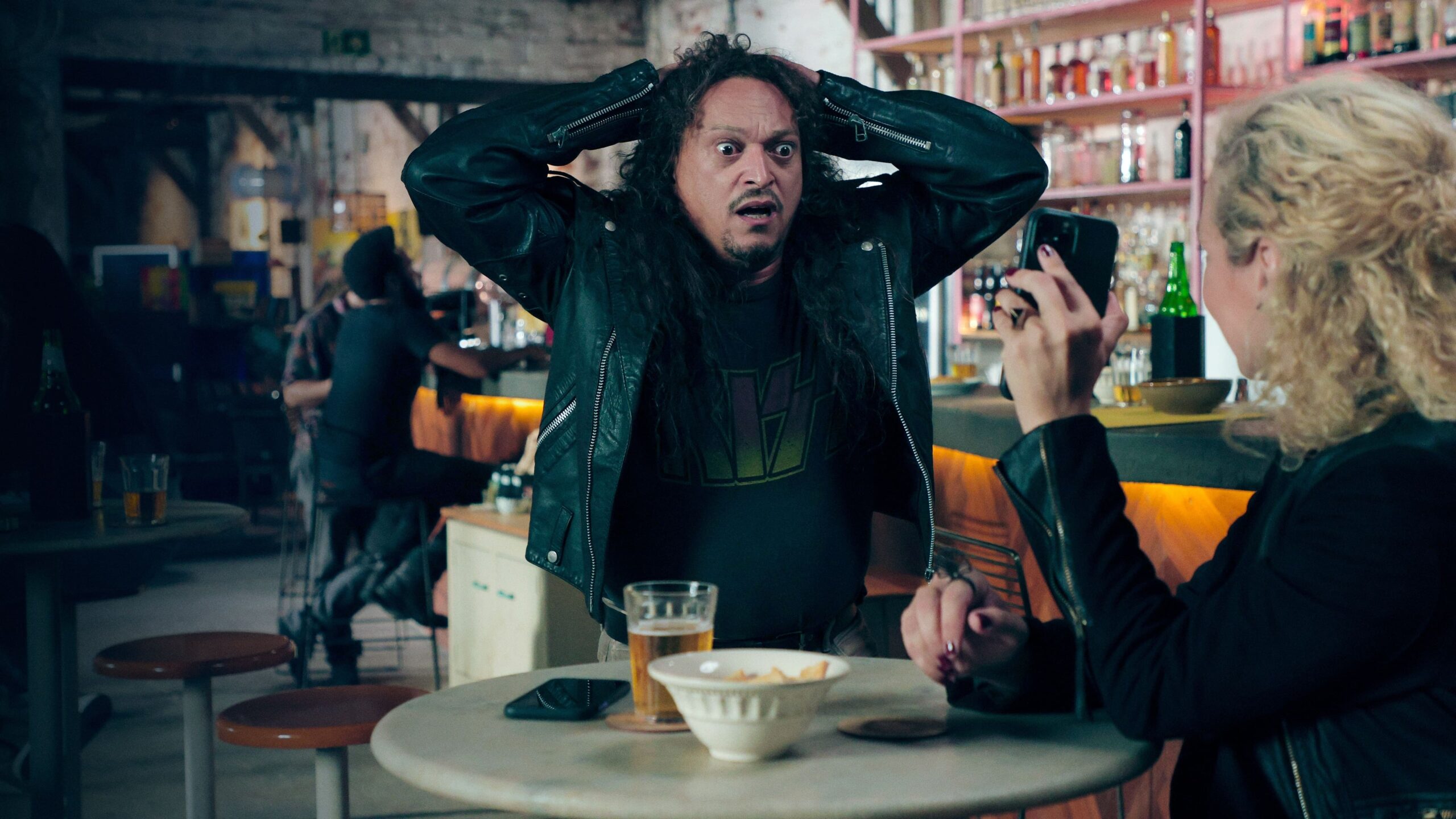
Likes for Sale, or Compro Likes in Portuguese, is as quirky and lighthearted as you’d expect from a half-hour sitcom. Its main premise, that of creating a fake persona in the age of online disinformation, also poses interesting questions. How ethical is it to buy likes to boost your career? And if you’re as desperate and rundown as Wagner, does the end justify the means? The ways in which Wagner and his team of frustrated artists navigate these dilemmas are what make the show relatable and interesting, but they’re also what make it frustrating at times. Some of their resolutions are questionable, and when they do tackle weighty matters, they seem too flippant to warrant serious thought. And the cast—as ebullient as they are—aren’t always convincing or charming enough to win you over. It’s admirable for the series to tackle such a novel concept (I’ve only ever seen it in the 2022 film Not Okay), but it looks like it’s something that needs to be lived in more to be fully fleshed out.
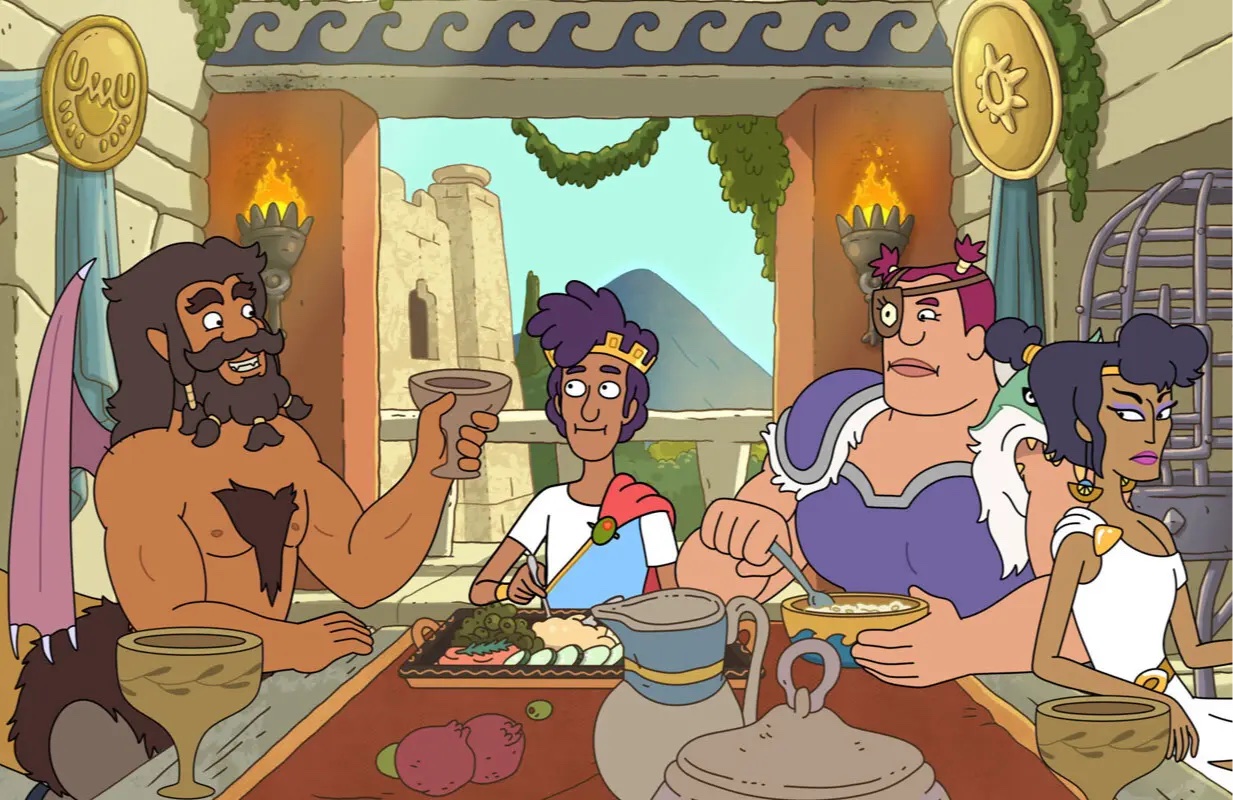
Fans of Dan Harmon, the brain behind beloved shows like Community and Rick and Morty, will notice his signature touch in Krapopolis. The jokes are thought-provoking, the characters are lovably flawed, and most importantly, the premise is bonkers—but if you’re used to Harmon’s world, perhaps not bonkers enough. Maybe this is because of its 20-minute runtime, but Krapopolis feels more restrained than Harmon’s usual work, which revels in the bizarre. It also moves too fast to be appreciated, so you’ll need to spend more time and episodes with the characters to fully appreciate them. But if you’re coming into Krapopolis with no knowledge of Harmon’s previous work, then the show can actually be as fun and lighthearted as any good raunchy adult cartoon.
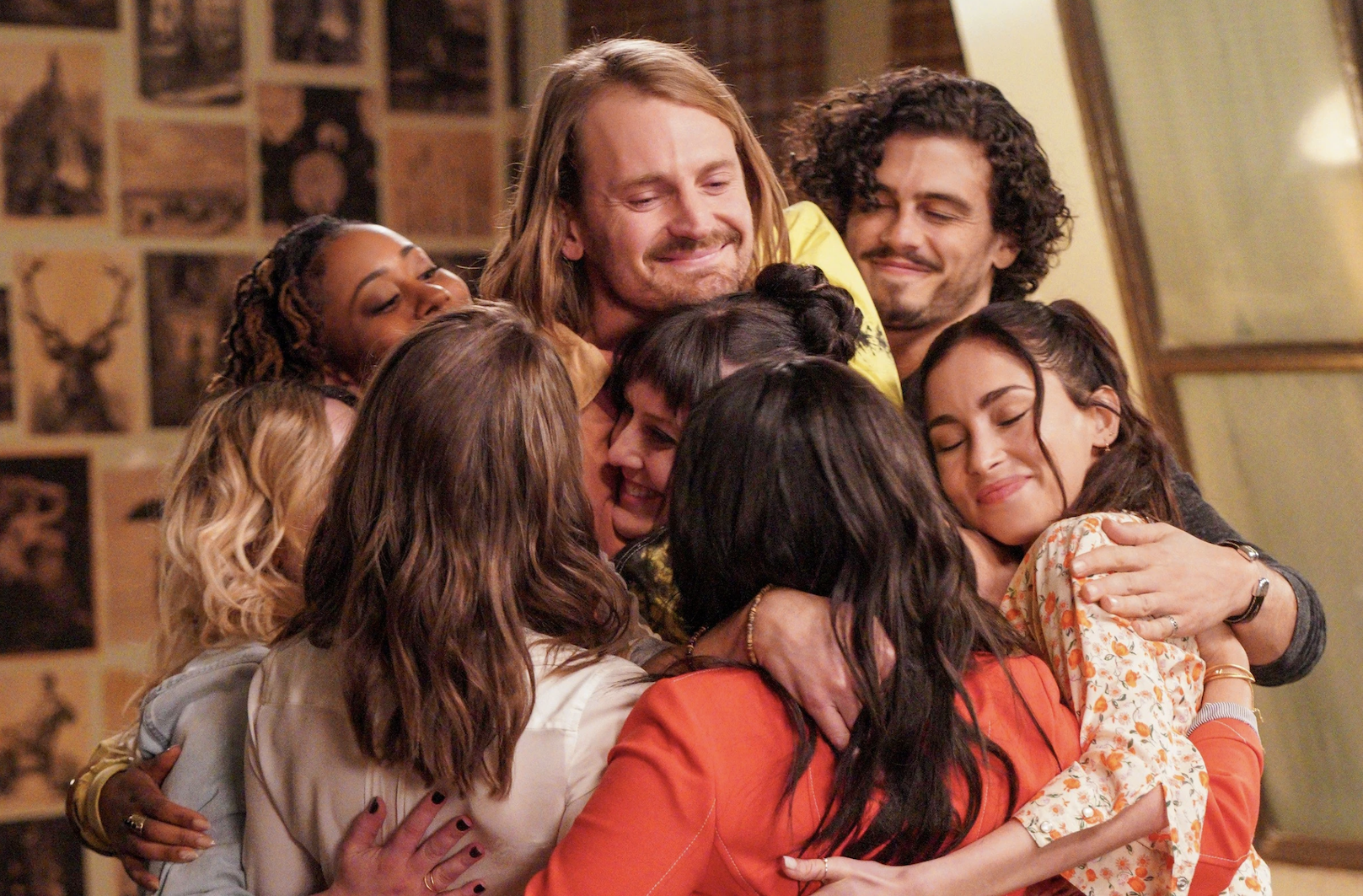
Unabashedly embracing the ridiculous twists, rotating romantic pairings, and other tropes common to young-adult comedy-dramas, Good Trouble offers a massive number of storylines that are always delivered with an easygoing charm and real filmmaking flair. Set in a communal living space in Los Angeles, each character’s personal drama often intersects with everyone else’s—allowing the show to look at every issue through a wide range of perspectives, and letting the authentic mess of human emotion and miscommunication drive the stories forward. It’s undeniably cheesy most of the time, but the energy in the show’s filmmaking and the fun chemistry among its actors helps dignify even the smallest everyday occurrence as something meaningful.
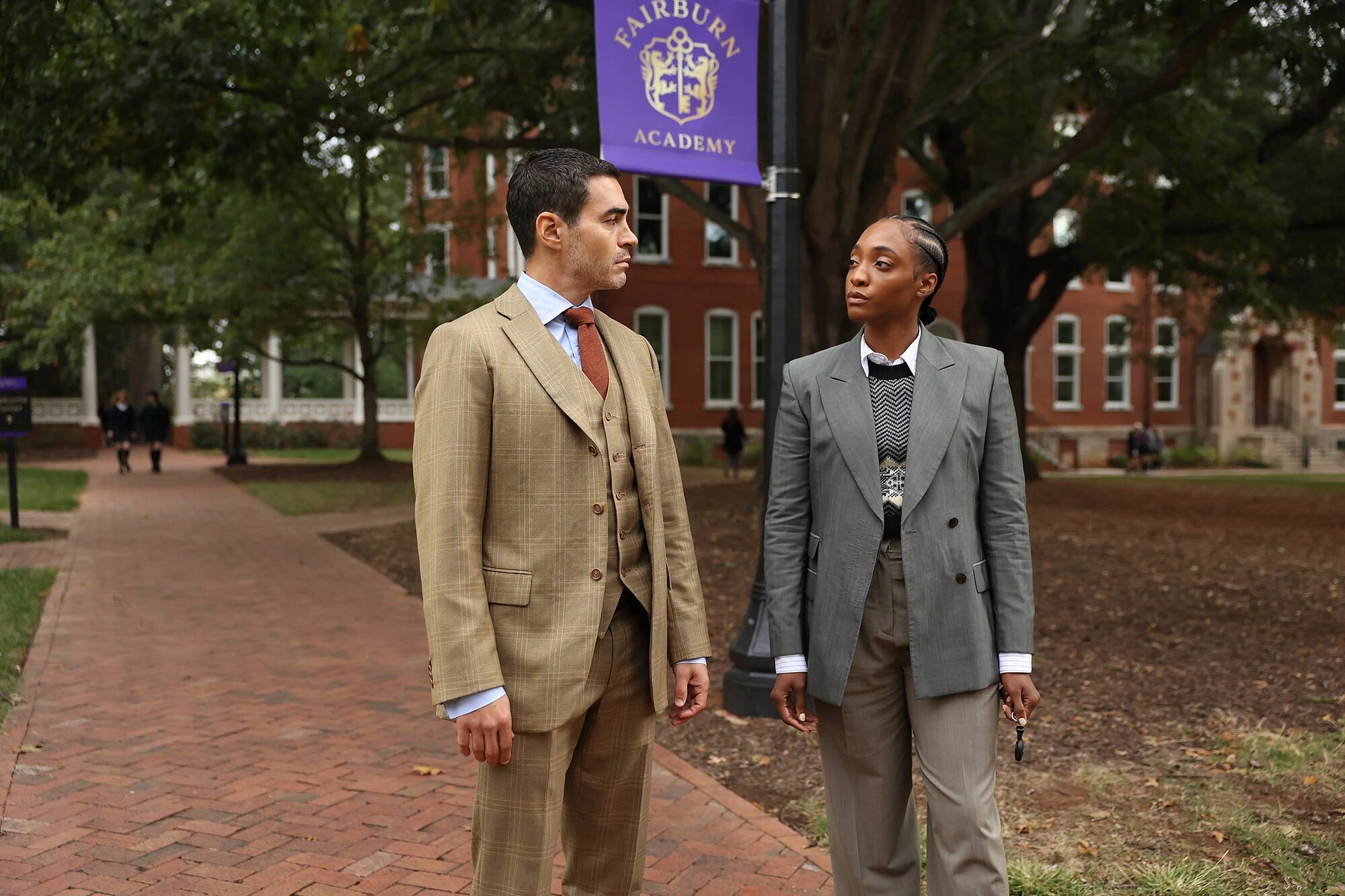
Will Trent is a crime procedural that tackles a new mystery every few episodes. It doesn’t differ from other detective shows in that way, but what makes Will Trent interesting is that the intrigue of each case never takes away from the intrigue of the personal lives of the lead characters.
Will Trent, in particular, remains the biggest mystery in the series. Much like Sherlock Holmes or Monk before him, he’s troubled but kindhearted, gifted but hated by all. He’s one of the most awkward detectives you’ll meet, but what he lacks in social graces he more than makes up for in outstanding smarts. Unraveling Trent, his colleagues, and his subjects is a fun ride, one that makes the 40 minutes or so of watching well worth it.
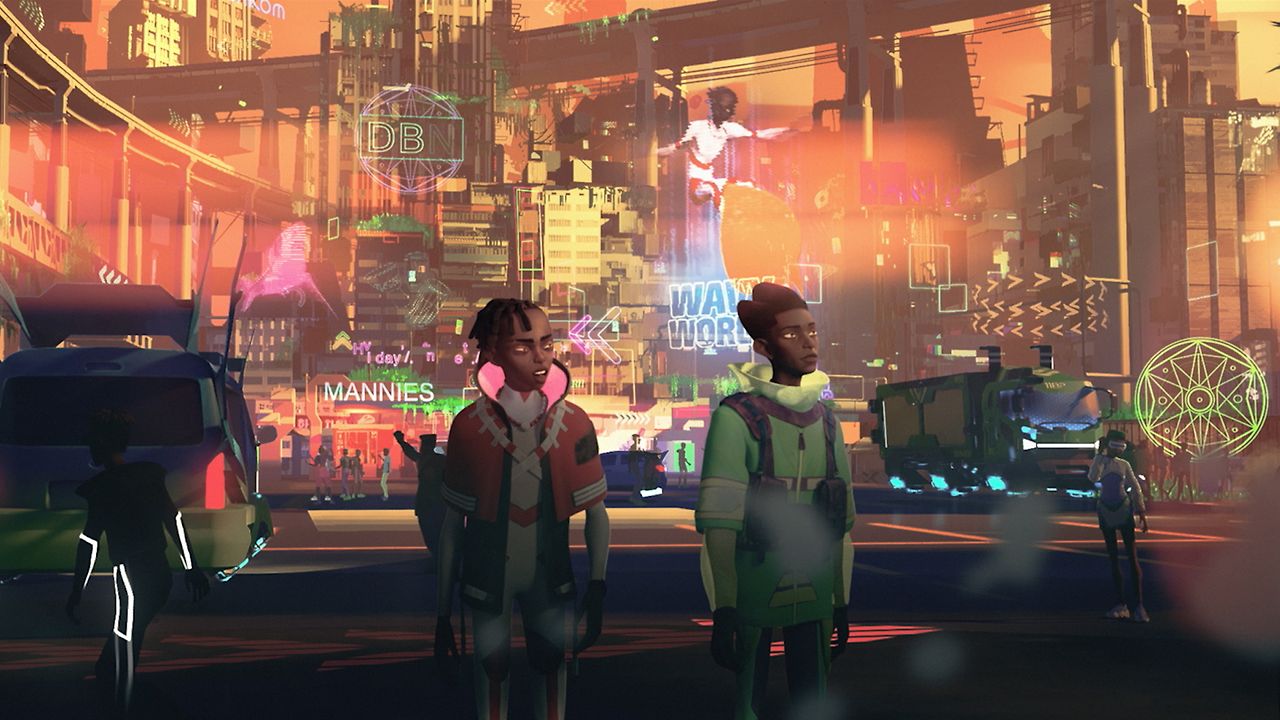
Undeniably breathtaking animation meets uncomplicated narratives and breathes life into this 10-episode speculative anthology. These rich stories take the sci-fi genre and unfurl a multitude of possibilities for a futuristic Africa. Although the episodes are short, there are more hits than misses as the focus on succinct stories creates a net positive viewing experience. Kizazi Moto: Generation Fire boasts an explosive variety of animation styles that make simple yet heartfelt stories shine. The transition from high-action vibrant stories like Mkhuzi: The Spirit Racer to the dark, terrifying visuals of Surf Sangoma in the first half displays the amazing talent of Africa’s filmmakers.
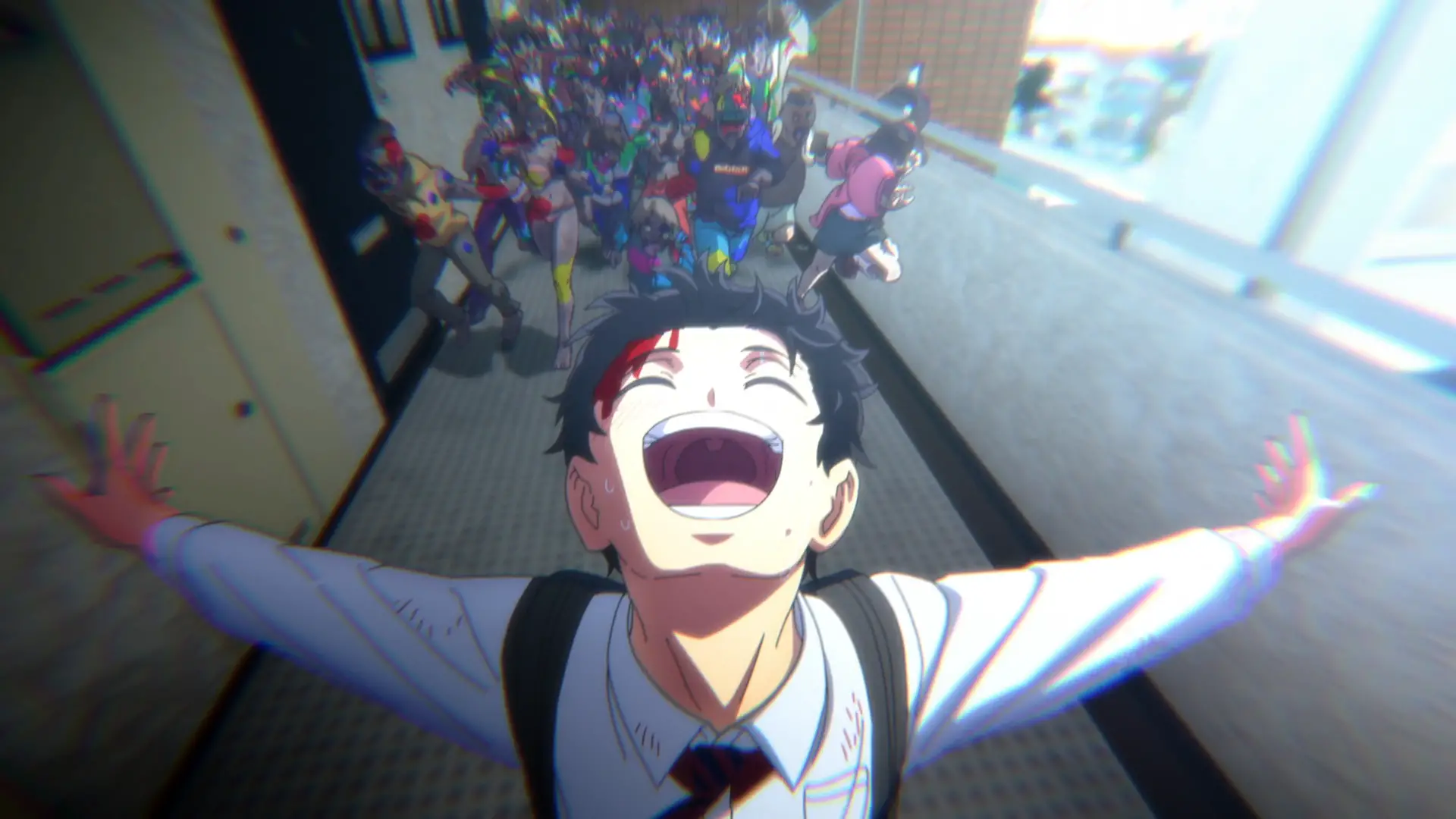
Making a bucket list at the height of a zombie outbreak seems ridiculous, yet totally reasonable when you’ve spent the last three years overworked and undervalued. In real life, our workforce already feels zombified as higher-ups enslave the working class to high production and insufficient pay, so it’s nice to see Zom 100 exemplify that notion. Zom 100 also immediately captures that essential reminder to “live now,” which has become especially relevant as the Covid-19 pandemic found most people rekindling old hobbies and discovering new ones as death and sickness felt ever near.
Though there isn’t a lot of character-building in episode one, the titular 100-item bucket list promises an eye-opening, personal journey with our protagonist Akira. Thankfully, the opening didn’t shy away from the gore and electrifying tension of the zombie attacks, making this an interesting horror/slice-of-life/coming-of-age/drama to keep an eye on.
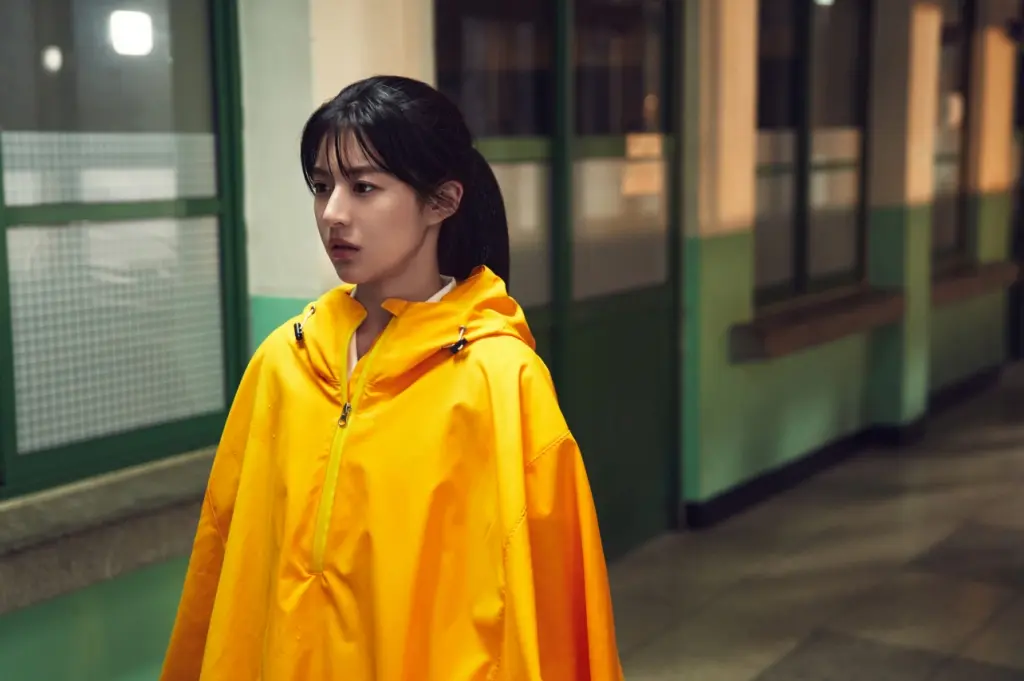
Based on a webtoon, Moving is for the fans of the ’06 series, Heroes. Initially, we follow a teen, Kim Bong-Seok, who has to be constantly tied down or weighed down to keep from spontaneously levitating. But the mystery and thrills immediately kick off when an assassin starts killing “retired” supers, and it becomes obvious that agencies, parents, and even teachers are aware of this. So far, the pacing allows for introductions, backstories, and action to breathe whilst quickly establishing connections between storylines to feed the intrigue. Hopefully, this carries through the entire 20-episode run and delivers a cohesive, high-action fantasy series.
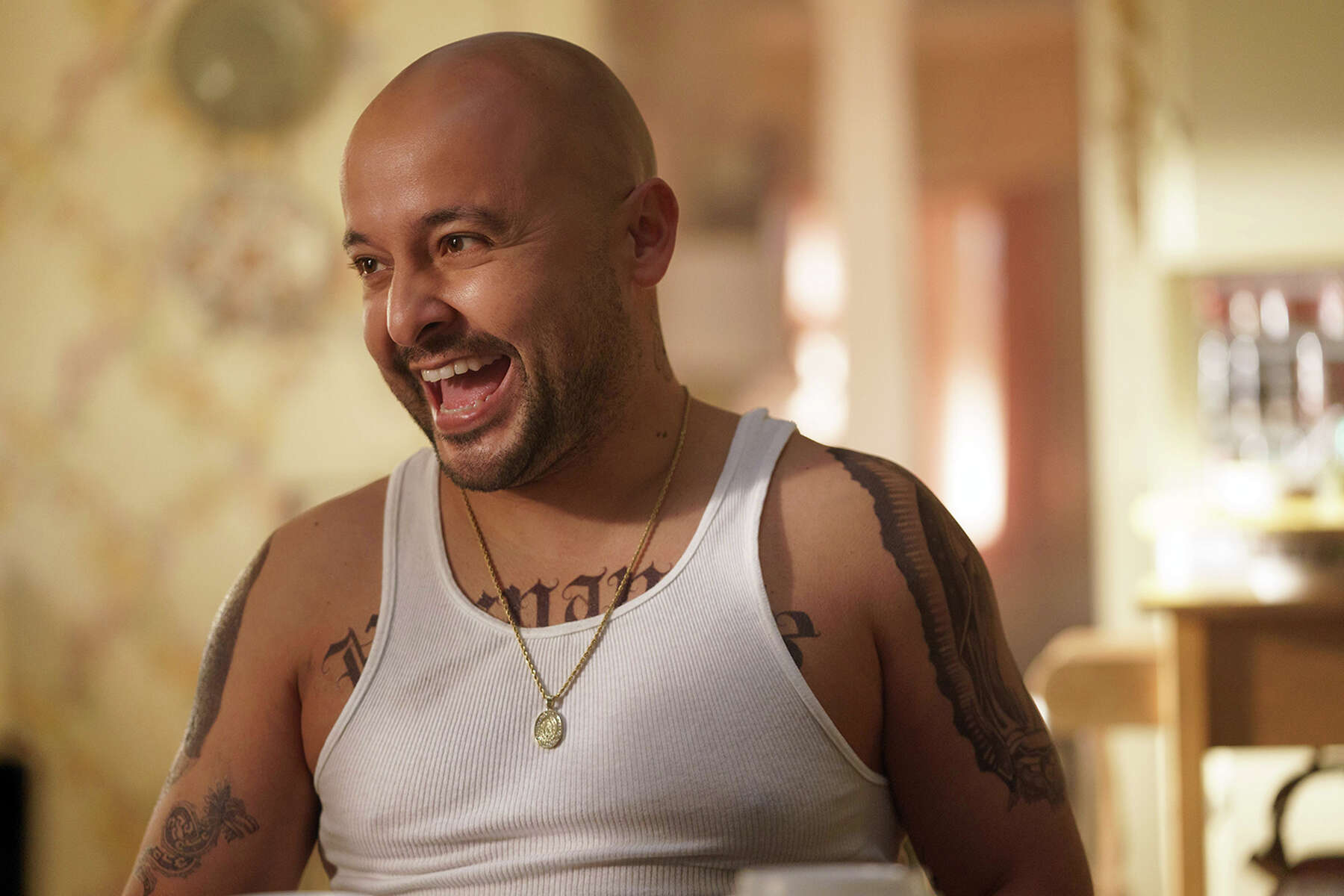
This Fool is a half-hour, 10-part series following Julio Lopez (played by co-creator Chris Estrada) a self-proclaimed “punk-ass bitch” and pushover who’s still in the process of learning to stand up for himself. Julio works for a gang rehab center called Hugs Not Thugs, where he also helps his cousin Luis (Frankie Quiñones) get back on his feet. It’s equal parts silly and sweet, but it also reflects the socio-political problems that tend to pervade Julio and Luis’ Southern LA community. References to violence and inequality are as present as they’ll be in stories like these, but they’re injected here with surreal humor, making it an easygoing but meaningful watch.
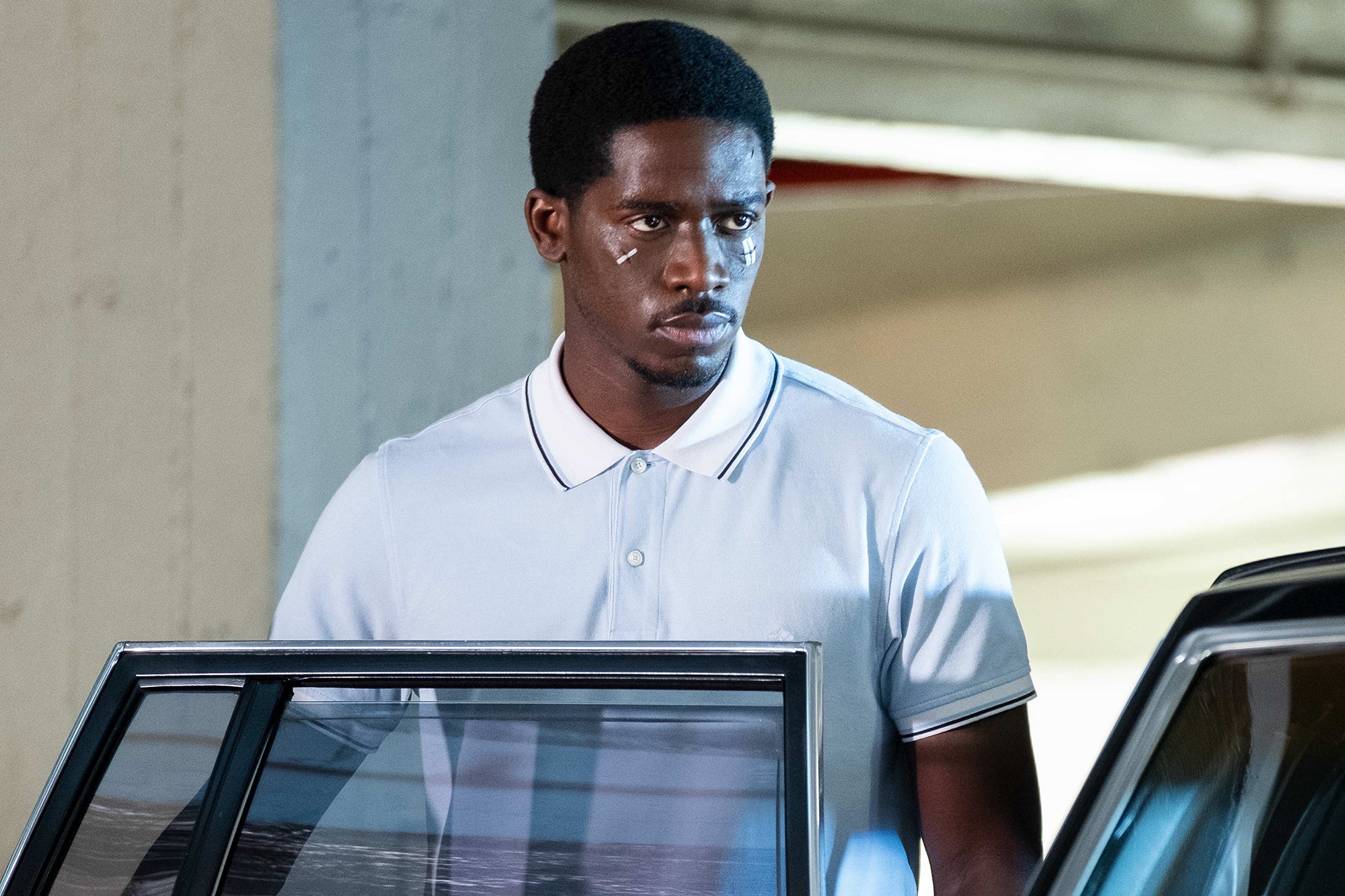
Created by Boyz N’ The Hood director John Singleton, Snowfall is an epic crime drama that tracks the rise of the crack epidemic in the United States, mostly through the lens of Franklin Saint (Damson Idris). Over the seasons, we follow Franklin and a host of characters separately but equally involved in the drug trade. There’s someone from the government, someone from the other side of the border, and someone from a gang. These sectors and more are represented in this large-scale examination of crime and corruption, and though the show initially struggles to tie connections in a cohesive way, it eventually rises to the occasion in compelling ways.
Snowfall is the type of show that only gets better each turnout, so if you’re not so sure about the first season, you might want to give the next ones a shot to make sure you don’t miss out.
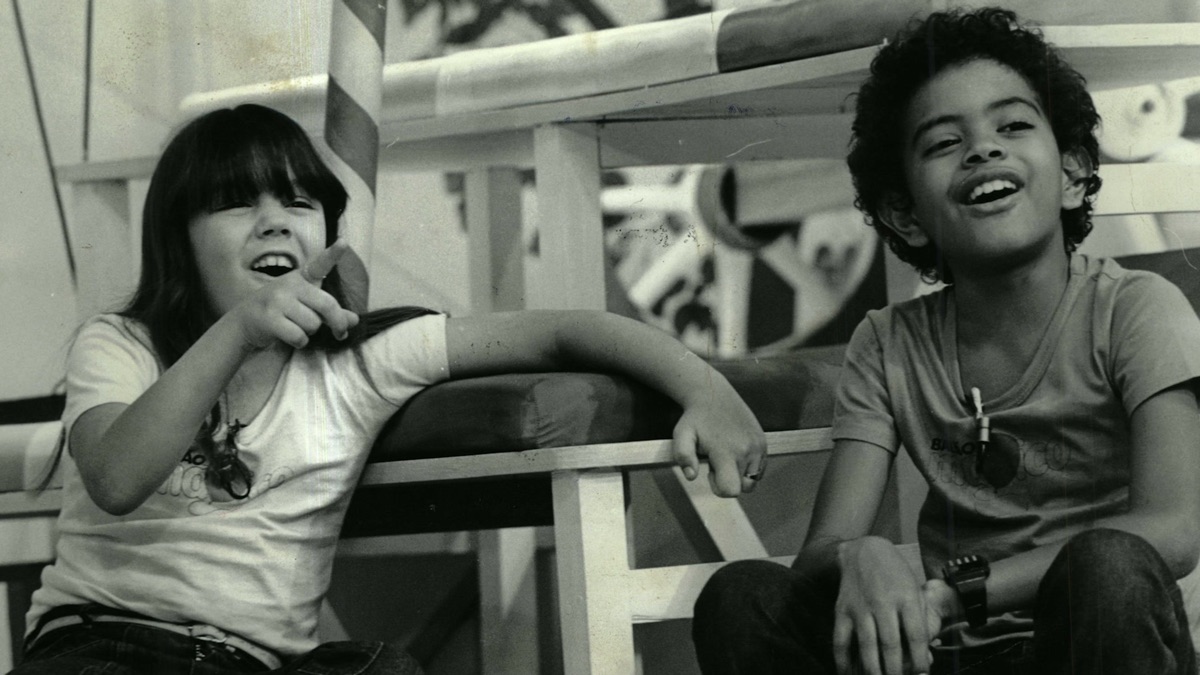
Released without fanfare outside of its home country, The Superfantastic Story of Balão is an intriguing documentary about the iconic Brazilian children’s group Turma do Balão Mágico. Through three episodes, four of its members share the story of the band, starting with their backgrounds all the way to the aftermath of their break up. In addition to the performers, other family members, producers, and certain personalities also lend their thoughts on the band’s success. The contrast between each interviewee’s accounts, with the performers’ differing from the producers’, and with the members’ varied accounts, is an interesting one, as it reveals how their different priorities shifted their experiences. While it would have been lovely to hear more of the music they performed, especially for viewers new to the band, it’s clear that the documentary was mostly made with the fans in mind.
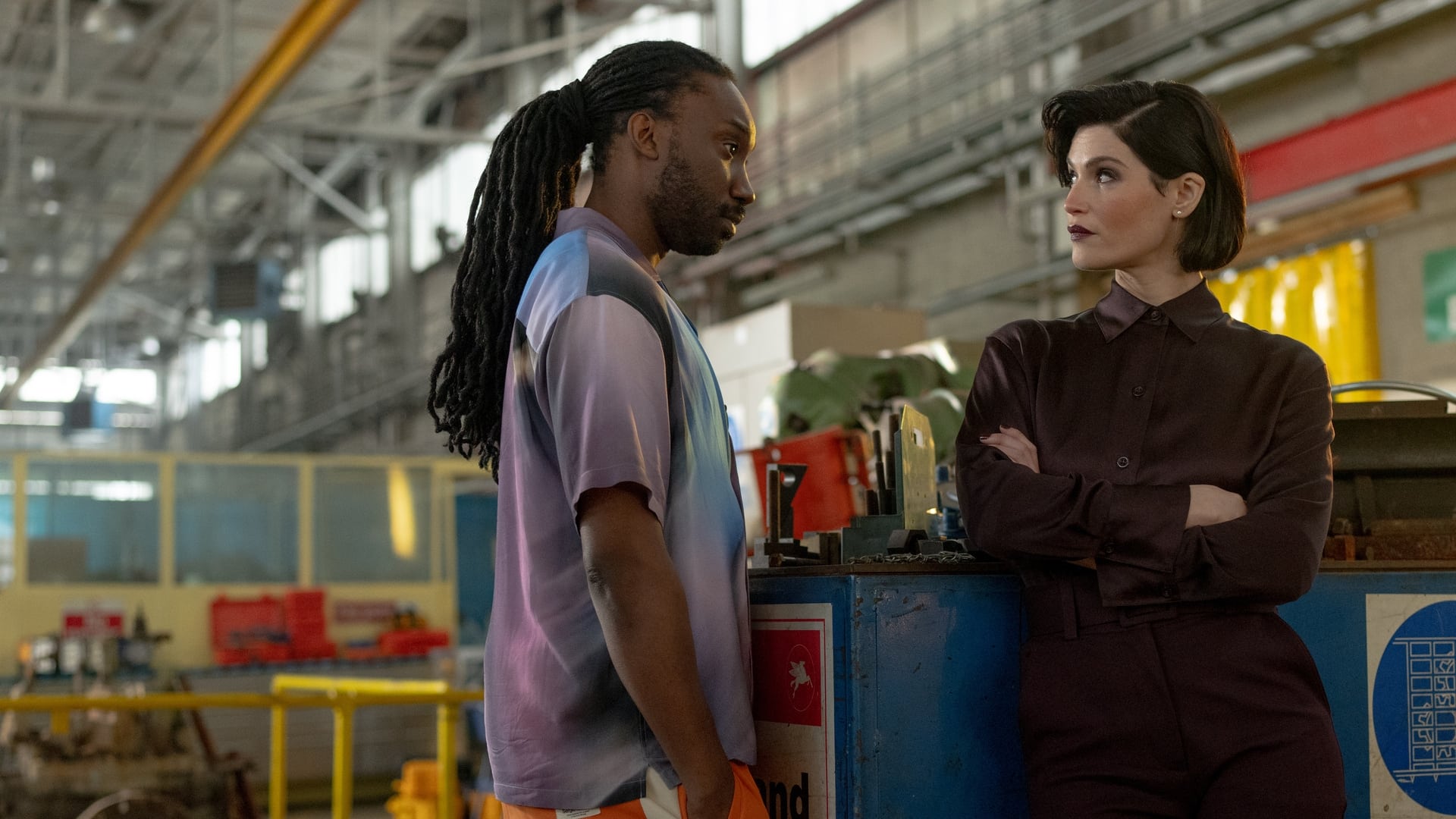
Before, then, and now — these are the three points in time that twisty TV heist thriller Culprits zips between. That remixed chronology (the convergent point of which is an audacious £100 million robbery) is both a strength and a stumbling block for the series. While it helps liven things up, it also takes some getting used to, which means the first episode requires more effort than expected as we work to get our bearings. By the time we’re on Culprits’ wavelength, though, the other attractions of the show reveal themselves: an intrigue-infused plot, charismatic characters, and adrenaline-pumping action.
The one constant in this whirlwind is David (Nathan Stewart-Jarrett) — or Joe, or Muscle, all names he goes by depending on the timeline. A London-dwelling bodyguard recruited to undertake a mega-heist by shady mastermind Dianne (Gemma Arterton), we actually meet him long after it’s (seemingly) completed. Now living in Washington and sporting a just-passable American accent, he’s a family man who goes by Joe and bears no signs of his criminal past. Piecing together the puzzle of his transformation — and the threats that have somehow followed him across the globe — is Culprits’ greatest pull, one that wouldn’t be possible without its nonlinear storytelling, an initial hurdle that’s worth jumping over.
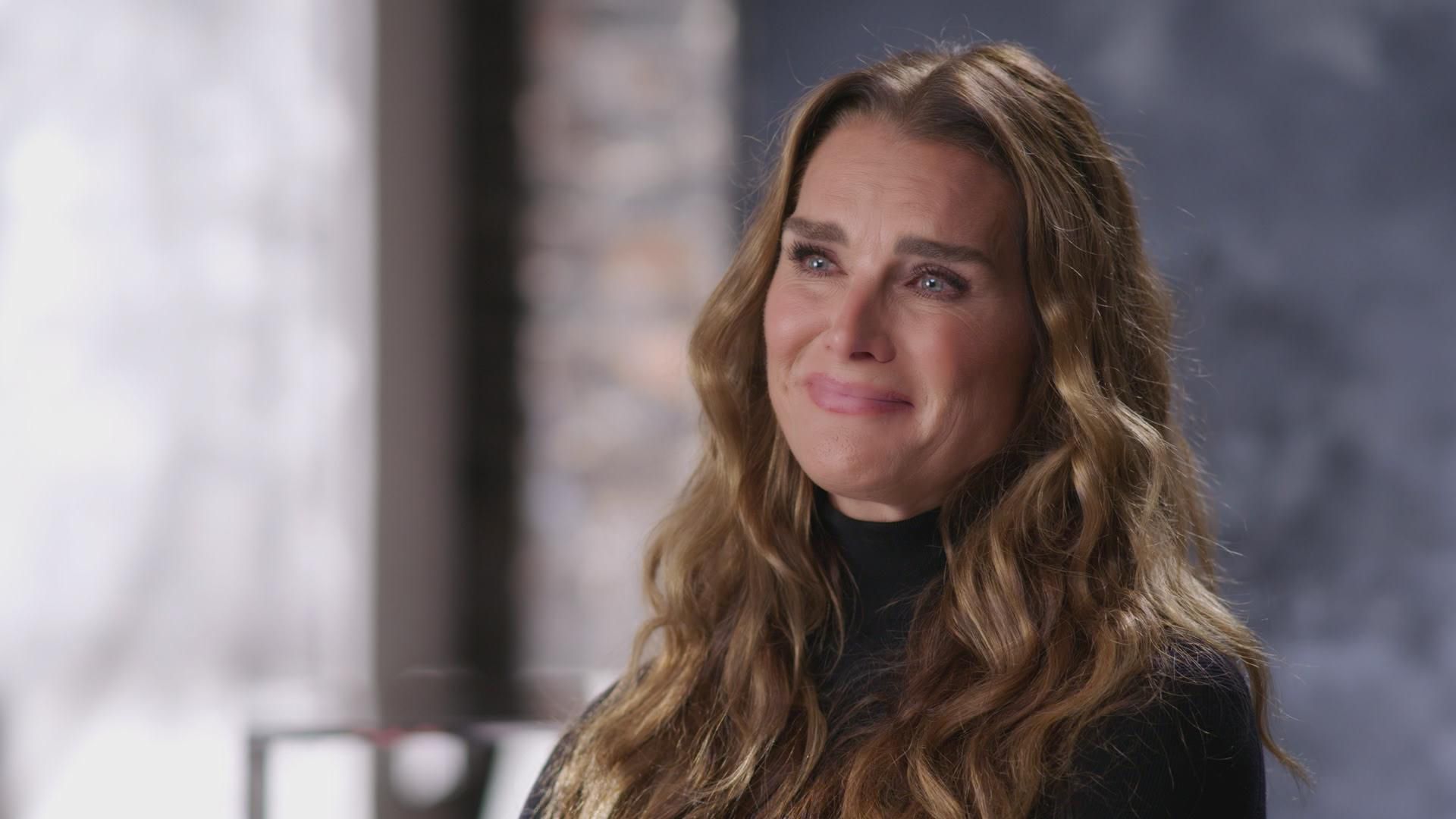
Brooke Shields talks openly about her controversial past in this two-part documentary on Hulu. Through interviews and archival footage, the former child actor and model walks us through every contentious event in her life, from starring in the mature film Pretty Baby at age 12 to modeling tight jeans for Calvin Klein at age 16.
It’s a disturbing and enraging account of child exploitation, and the documentary does well to frame this as a system-wide issue instead of an isolated incident.
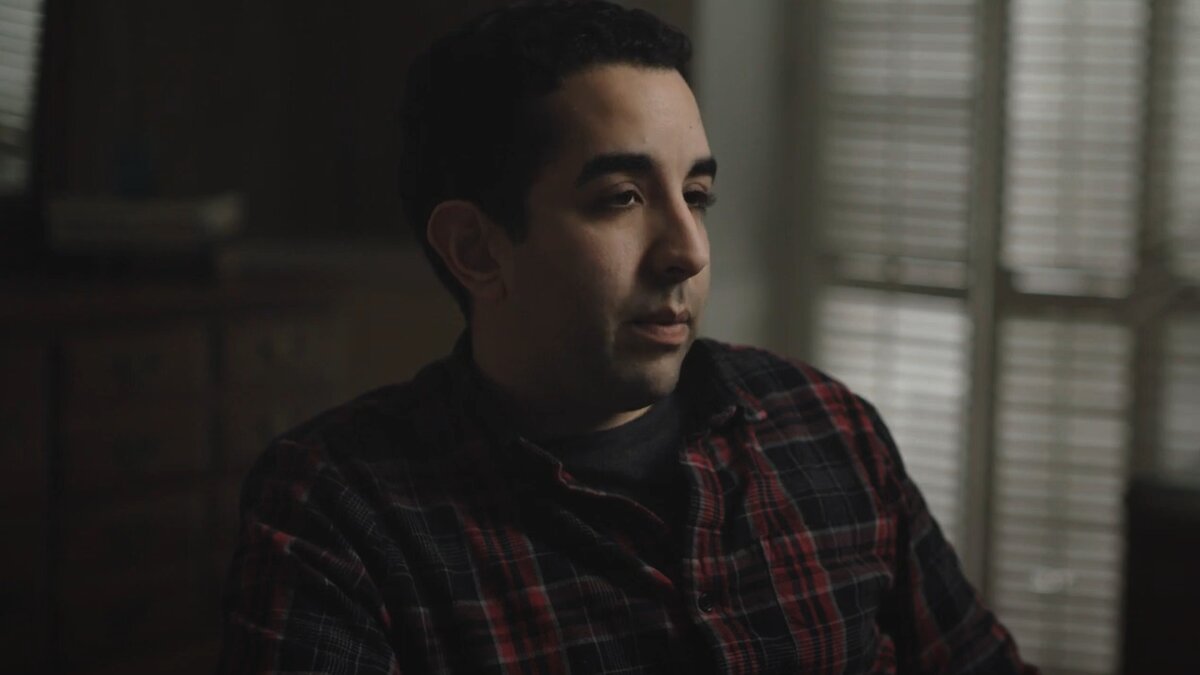
Stolen Youth is the true account of how bright kids from prestigious colleges were manipulated and abused into joining a cult. In just three episodes, director Zachary Heinzerling efficiently tells the entire story from start to end, complete with compelling talking heads and visual guides. Unlike most true crime documentaries, Stolen Youth doesn’t dial up the sensationalism, nor does it solely rely on the incident’s bizarre arc for drama. Instead, it adds insightful details to the case by diligently following up on the key players.
Chilling, revolting, and incredibly gripping, this is a docuseries meant to be finished in one sitting.
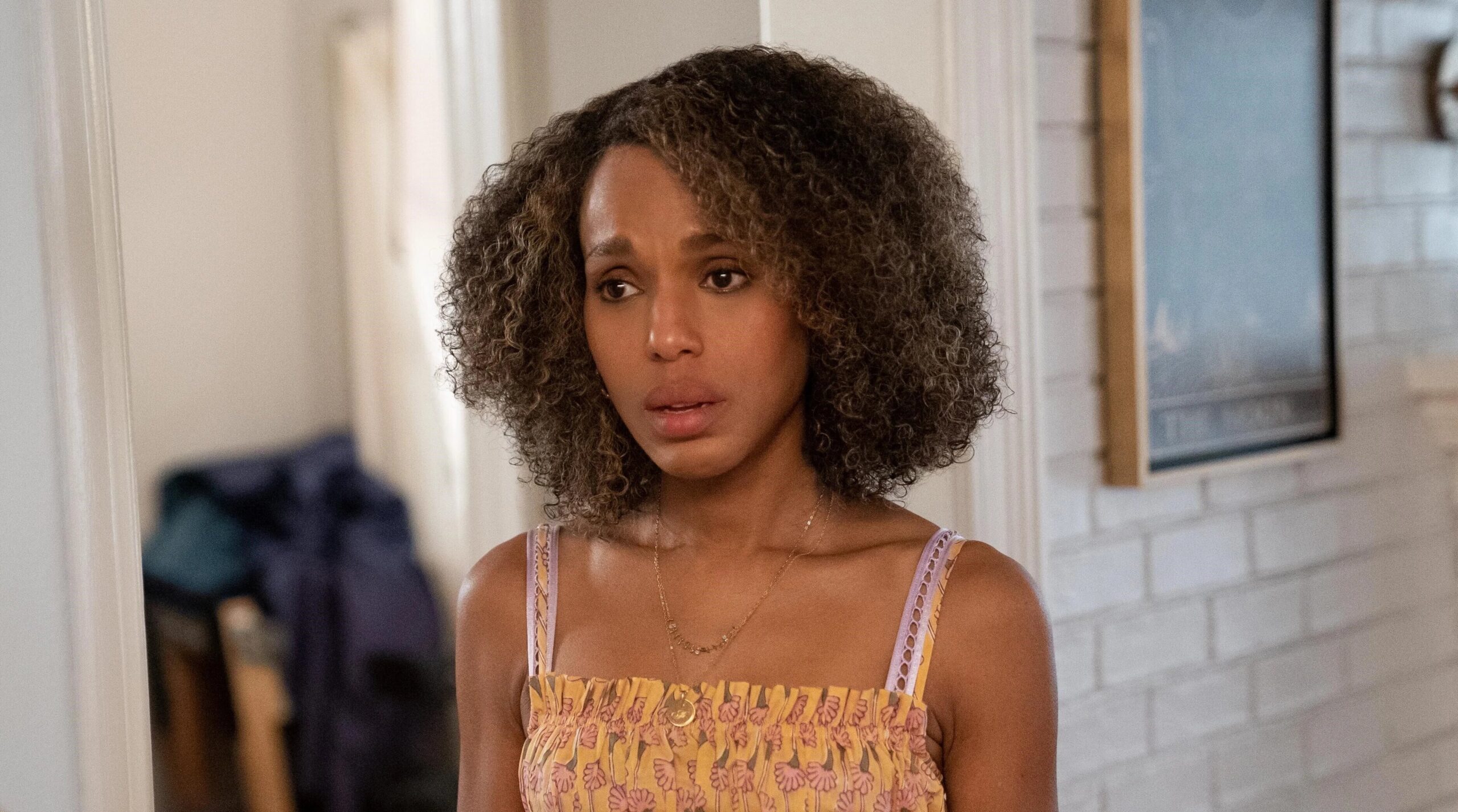
Growing up in multiple foster homes to an absentee mother and imprisoned father, Paige Alexander (Kerry Washington) has had a tough life, but you wouldn’t know from the way she carries herself. She’s bright, cheerful, and constantly buoyed by her ambitious hopes for upward mobility. But there are cracks to her facade, and all the trauma she’s been keeping in spills over one day when her recently released father decides to move in with Paige and her teenage son.
Trust and abandonment issues start to emerge. Resentment bubbles over. Despite being a relationship therapist, Paige cannot stabilize her love life. A viewer might expect a self-serious dramedy at this point, but Unprisoned refuses to be pigeonholed in this category. Instead, the show extracts unexpected joy from its bleak premise. Paige and her father Edwin (the perfectly cast Delroy Lindo) riff off each other with sparkling dialogue. They deploy endless jokes sometimes to hide their pain, but mostly to connect in that unique father-daughter way. After years of mistrust and negligence, they’re understandably broken but not, as it turns out, irredeemable. Relatable, sympathetic, and big-hearted, Unprisoned is a welcome show about the unexpected ways we heal (and the detours we take along the way).
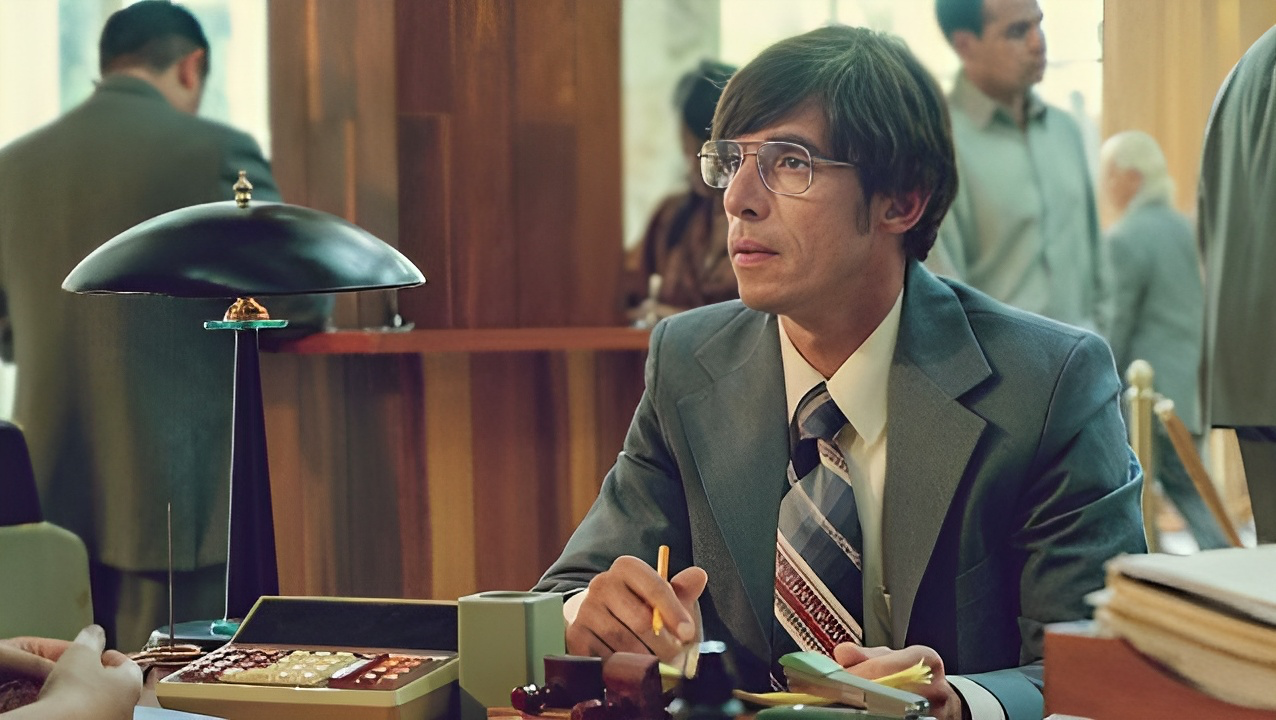
Butter Man: The Slickest Mexican Thief has gone under the radar the same way the titular criminal has evaded capture for years. Which is quite a shame, because Él Mantequilla has the charming, slick style of heist films from decades past. Through eight parts, Emiliano Escamilla takes on multiple fake identities, five of which happen to be the main identity Escamilla takes on in each episode. It’s funny to see how Escamilla gets away with some of these disguises, especially when he gets away with pulling millions from oblivious rich people just by dumb luck. However, what makes these scams compelling is how closer these get him to his real goal: reconnecting with his father and finding out the truth. Butter Man turns the caper series into a drama centered on family, mixing fun nostalgia with some heart.
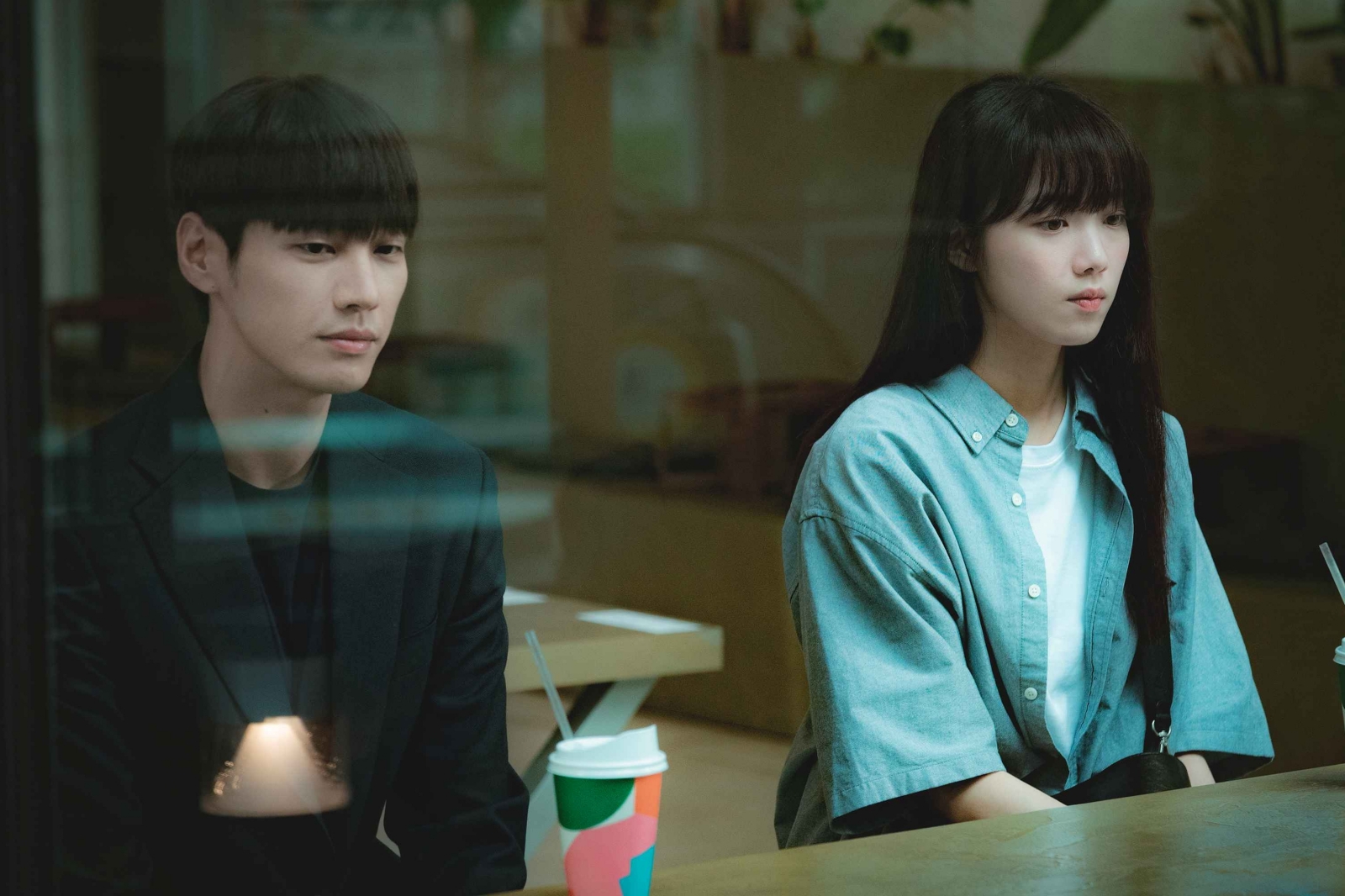
Romantic melodramas are expected in plenty of Korean shows, but Call It Love still feels surprisingly unexpected. The premise feels like a modern day Cinderella story, except the leading lady here, Shim Woo-joo (Lee Sung-kyung), takes nothing from nobody, not without planning corporate revenge. That being said, the show doesn’t unfold into a corporate sitcom, a crime thriller, or romcom. Instead, the series takes on a more melancholy slice-of-life approach, as it turns out the intended target Han Dong-jin (Kim Young-hwang) is just as hurt and lonely as she is. And as they get to know each other despite the cold, empty frames they inhabit, and despite the pain they’ve both been through, it’s amazing how surprising their healing feels, if you can handle the show’s slow pace to get there.
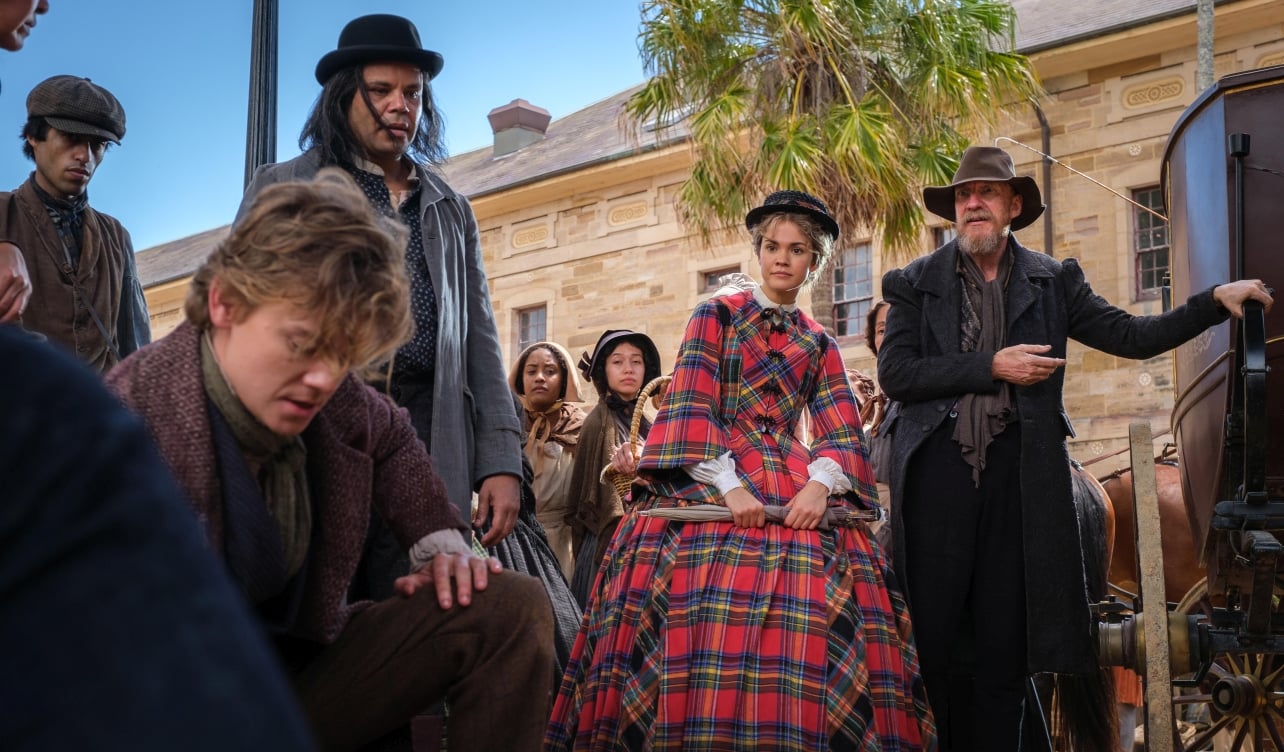
The Artful Dodger’s leads might literally come from a Charles Dickens novel, but there’s something more playful about the way it deals with its historical social issues. Where Oliver Twist would change his fortune with fairytale-like goodness, former pickpocket Jack Dawkins aims to carve it out through quick amputations, which give him some status, though no wealth, and gambling bets, which risks his limbs. While the narrative isn’t as complex as the social criticism Dickens is known for, the series is undeniably entertaining with its novel approach, even if it pokes fun a little too often at the actual horrific hygiene practices of the 1800s.
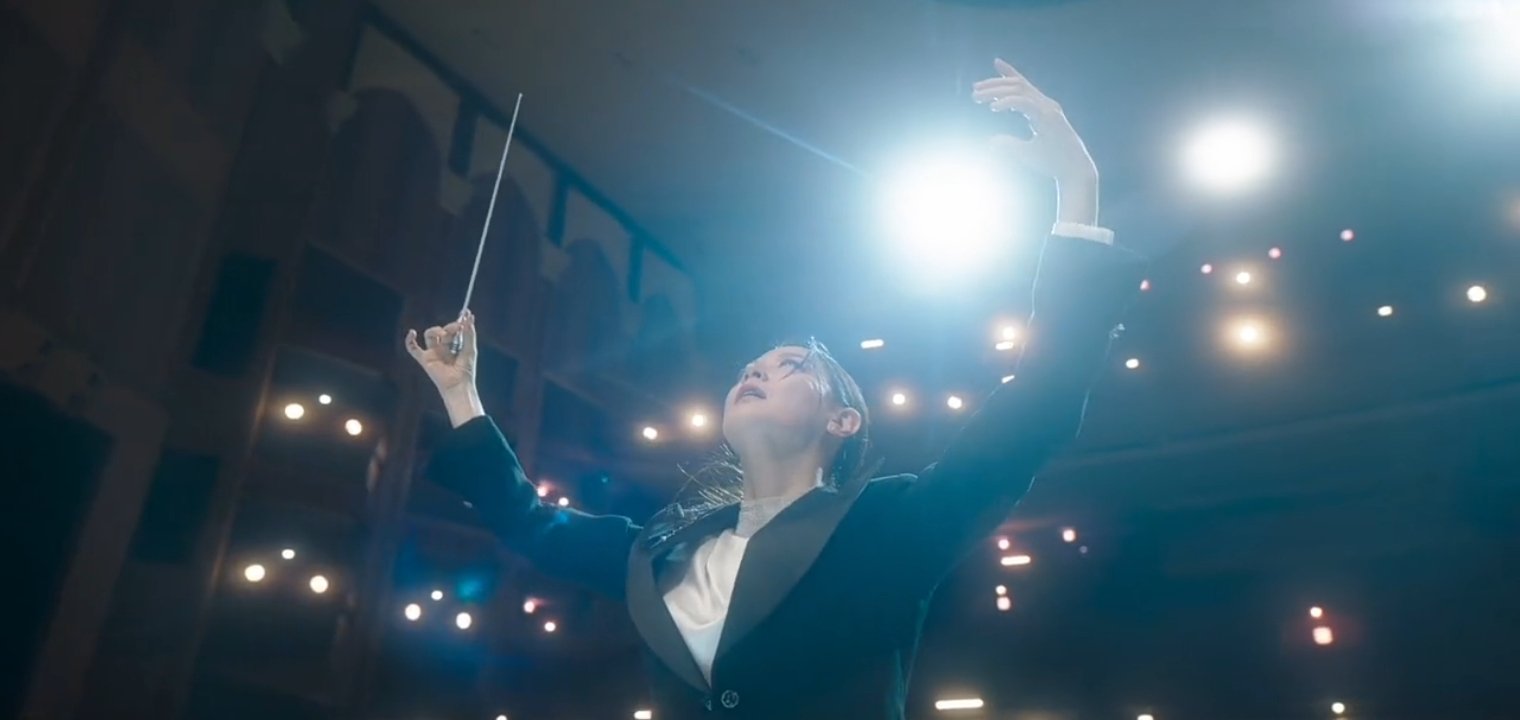
After titles like Tár (2022) and the Dutch film The Conductor (2018), Western female conductors continue to intrigue audiences as they strive to succeed in the last glass ceiling in music. But classical music isn’t restrained to the West, and South Korea’s orchestral world is now showcased in Maestra: Strings of Truth. A remake of the French television series Philharmonia, the series goes through the trials and tribulations Cha Se-eum goes through to establish her leadership in the conductor role back home, as well as the multiple mysteries that might have caused her to leave in the first place. While the show’s first two episodes slowly portray her backstory, Lee Young-ae holds the show on her shoulders, and grounds the drama with her stoic and charismatic presence. It’s a compelling drama, with such a compelling personality, and it’s scored with some of the best classical pieces in the world.
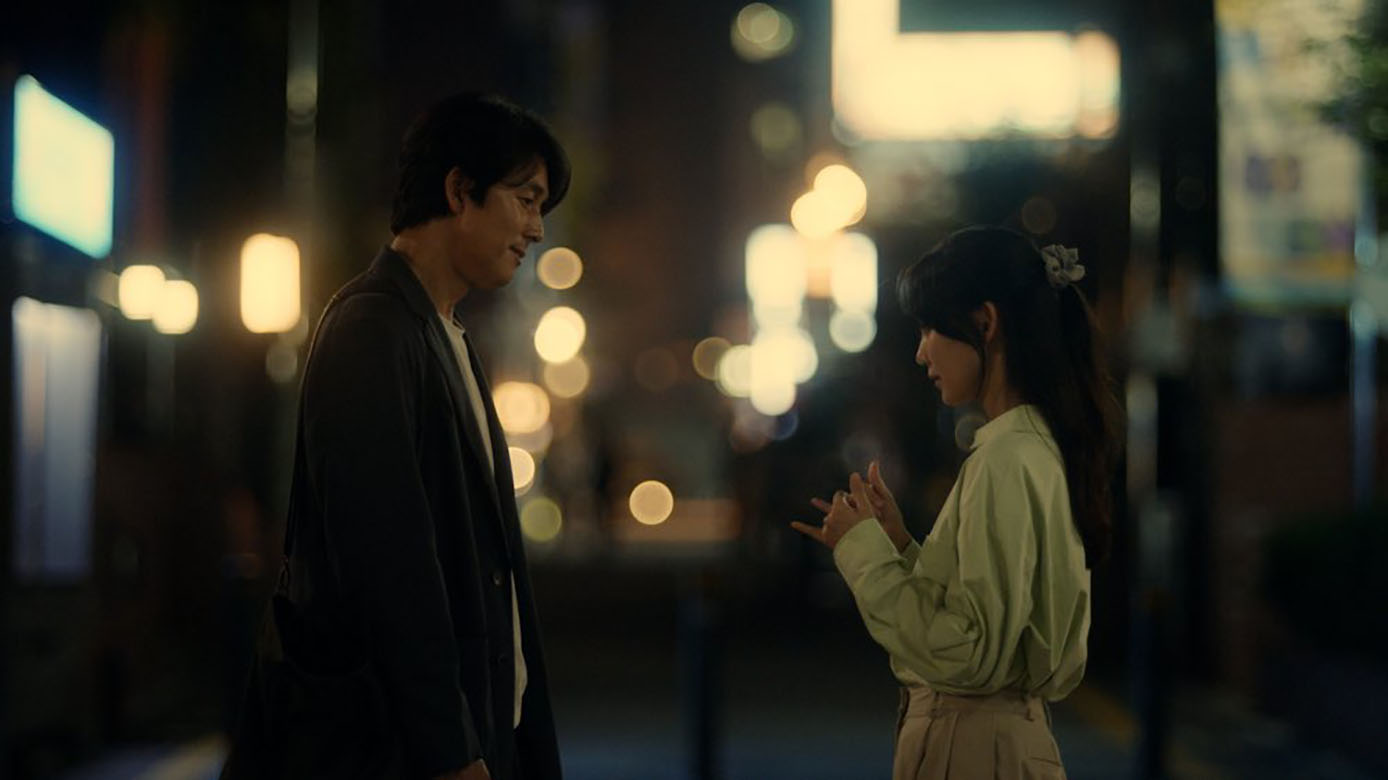
Romantic relationships can come and go, but sometimes, one partner comes along and irrevocably changes your life forever. Tell Me That You Love Me depicts one such relationship. The Korean adaptation of the trailblazing Japanese deaf romance drama has plenty of the same charms, though this rendition makes certain changes that better reflects this current time period without sacrificing the cathartic portrayal about Mo-eun’s and Jin-woo’s flaws, and the genuine difficulties a relationship like this could have. While the show’s second half falters in certain moments, Tell Me That You Love Me mostly sticks the landing in creating a healing depiction of a deaf romance.
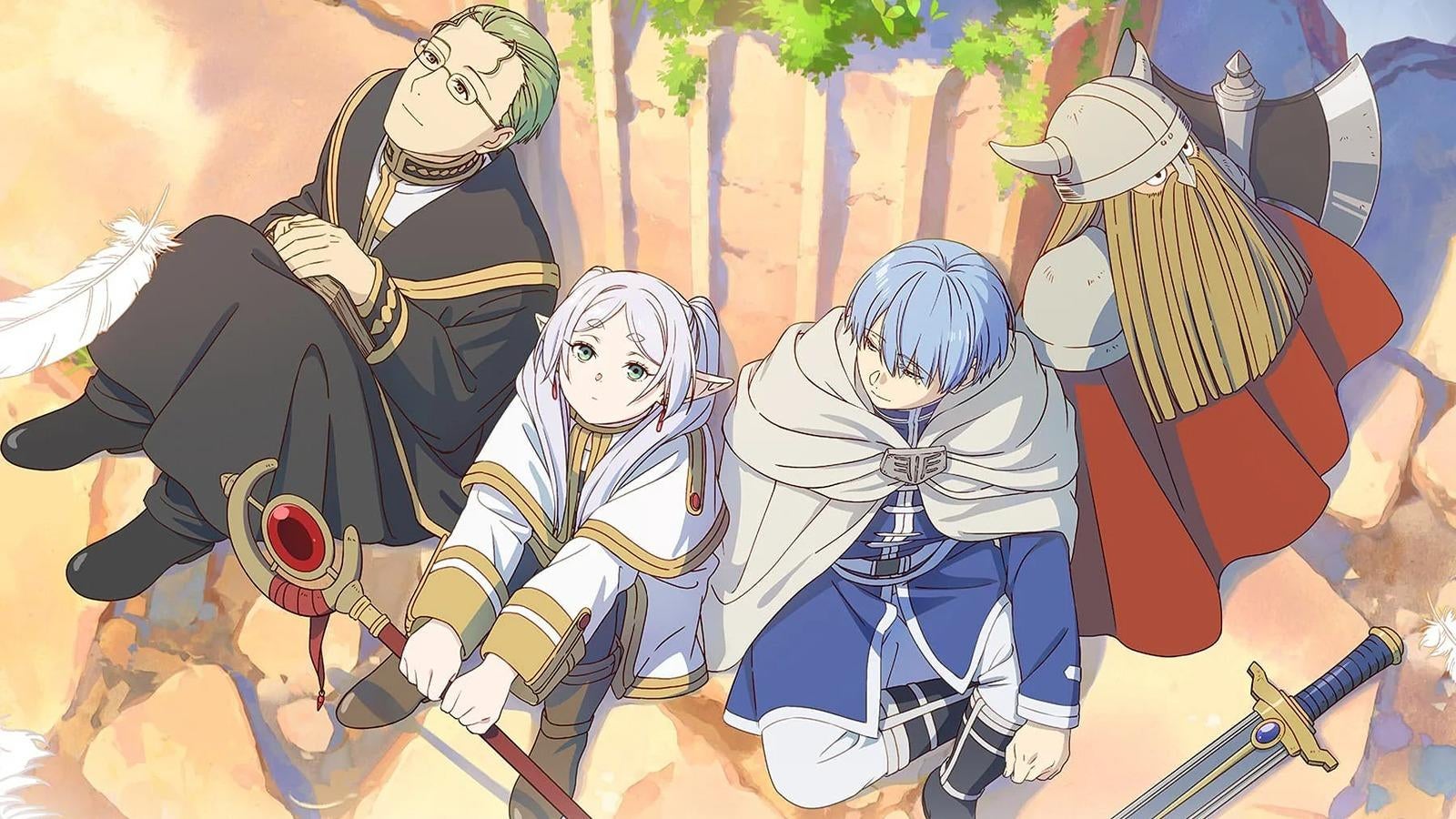
In fantasy worlds, races with different lifespans are a given, but rarely does a work actually contemplate how these variations would affect relationships between them. Frieren: Beyond Journey’s End starts after a great war, at the moment of peace, and to the titular elf, her shared journey with the human Himmel and their party feels like a blip in her life, their ten years of friendship blurred amongst her thousand years… until Himmel dies, which shifts her perspective on mortality. Frieren won’t have that much extravaganza we’re used to in other fantasy shows, but the way Frieren tries to reconnect with her former comrades, and the way she remembers their memory through flashbacks, all become a gentle and moving meditation on purpose, meaning, and connection, all paired with outstanding art and some of the best worldbuilding we’ve seen in anime.

True crime documentaries have had a bit of a sensationalist streak in recent years, but thankfully, Never Let Him Go never stoops to that level. It knows, respects, and empathizes with Scott Johnson and his family, who, for 30 years have relentlessly sought answers as to how and why, exactly, Scott died the way he did. An American prodigy studying in Australia, Scott had a bright future ahead of him. But it was cut short when his body was found at the bottom of a cliff, naked and mutilated, with police concluding simply that Scott had committed suicide. Over the course of decades, however, multiple leads would come up that suggest Scott could’ve been one of the many hate crime victims whose violent and bias-motivated end went unacknowledged. In four efficiently edited, objectively studied yet emotionally told episodes, Never Let Him Go tracks this years-long affair and studies how it evolved from a simple unresolved mystery to a landmark case that exposes not just the sorry state the LGBTQ community was subjected to, but the complicated bureaucracy that comes with obtaining justice.
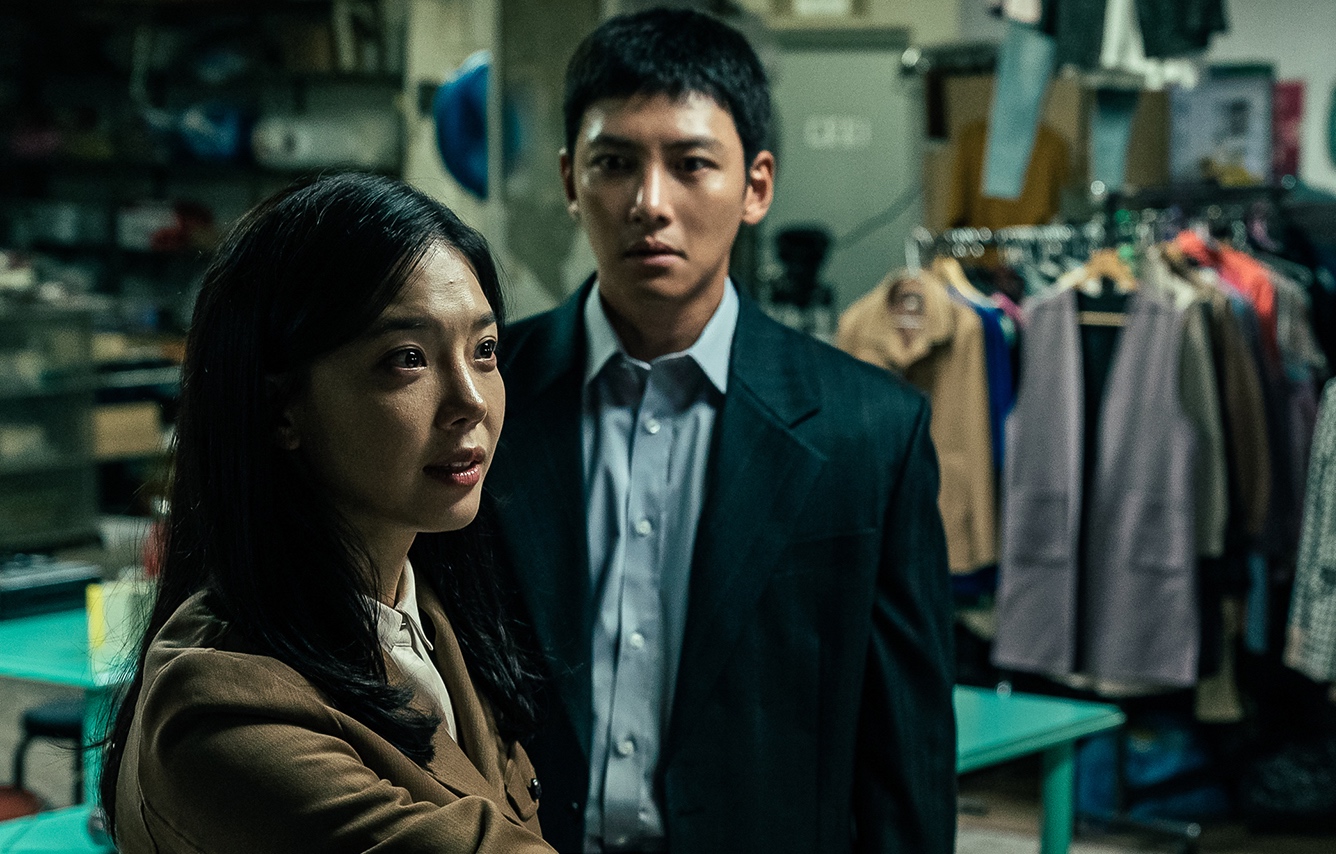
After much anticipation, The Worst of Evil has finally been released, starting off the season with a rumble between gangs underneath Gangnam. Through neon-lit streets, grimy green-tinged windows, and dimly-lit corridors, the series brings its viewers back to the 90s criminal underworld, though with modernized choreography and fairly realistic CGI blood. This set is the arena where undercover cop Park Joon-mo has to fight, in order to gain the trust of crime boss Jung Gi-cheul. As each fight gains some goodwill from each other, and as Park’s wife enters the fray, the series promises dangerous stakes, dramatic betrayals, and thrilling fight scenes. It’s a fresh take on the undercover cop, infiltrating the gritty underworld through sheer persistence, with an added emotional twist.

Undead Unluck is such a strange anime with such a strange duo. Named after their respective powers, the undead Andy seems familiar with his Deadpool-like regeneration, albeit with such a fast rate that he can shoot out body parts with such gruesome animation. However it’s the unlucky Fuuko that brings them to the most absurd comedic scenarios, including, but not limited to, surviving a giant truck crash, a lightning strike, and a whole meteor. In order to achieve their goal of dying, they have to build up a bond to maximize her unluck. As they learn more about Fuuko’s abilities, as well as the organization hunting them down, it’s likely that they’ll go through wackier situations that will escalate as the show progresses. It’s definitely something uniquely watchable, if you can handle the off-putting gore that’s part and parcel of Andy’s powers.
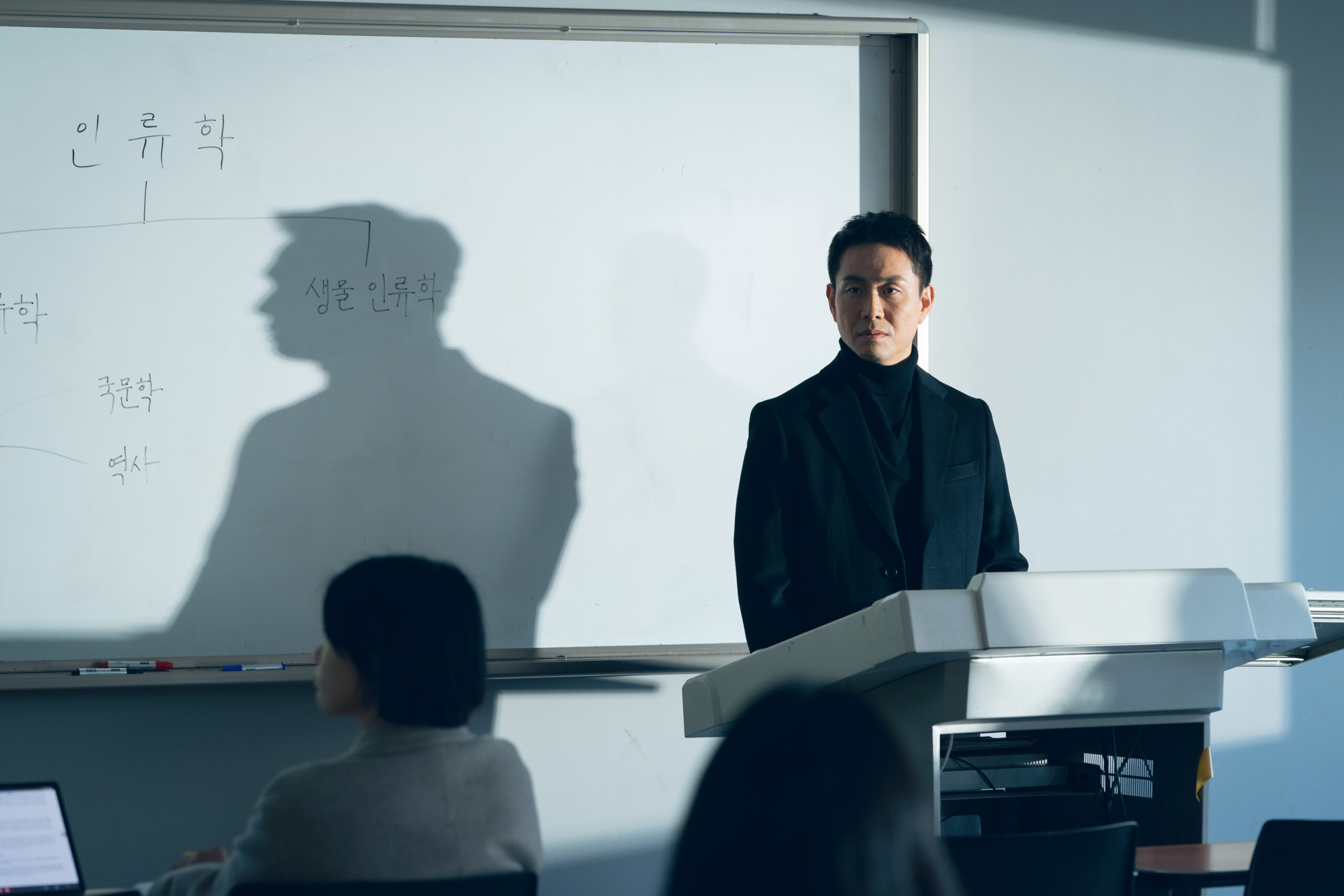
Mysterious and hair-raising, Revenant is a supernatural drama whose demonic possession deals with modern-day detectives and Korean folklore. This strange mix of genres makes the show’s premise slow to unfold, taking time to introduce the complex agents in each part. At front-and-center is working-class woman Gu San-yeong, who gets possessed by a demon. Kim Tae-ri’s expert acting makes both believable, simultaneously terrified and terrifying in equal measure. To be free, Gu accepts the help of folklore professor Yeom Hae-sang, who has been hunting down this demon after his mom’s death. With his mom’s death, as well as many others, being dismissed by the police as suicides, the show questions the reasons behind Korea’s high suicide rate. Acknowledging the struggles of Hell Joseon, Revenant suggests what Yeom advises: To listen, pay attention, and learn the reasons why they’re here.
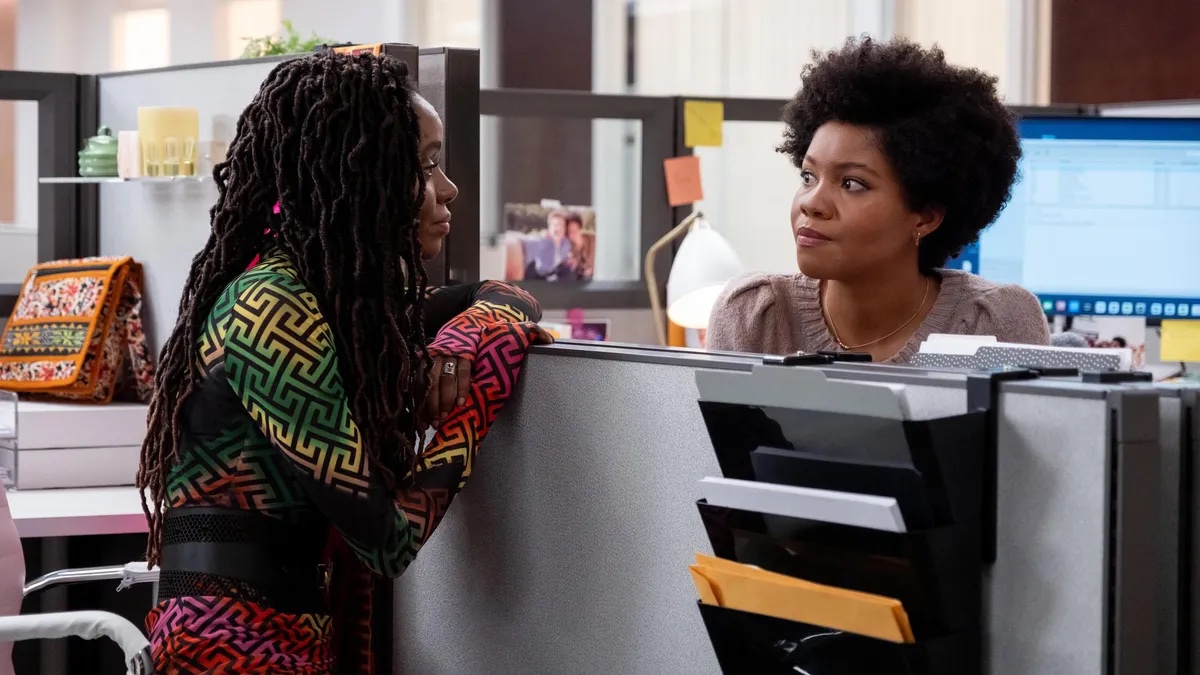
A lot of things are at play in The Other Black Girl, a 10-part series adapted from the novel of the same name. The first half is a workplace horror that cleverly sets Nella’s career ambitions against the racial microaggressions she endures daily, while the second half is more of a mystery, with Nella digging deeper into Hazel’s sketchy past. At the same time, The Other Black Girl is also a comedy, a social thriller, and a revealing satire about the state of the publishing industry and companies at large. It doesn’t always succeed in balancing all the things it tries to be, but when it does, it soars; it becomes an exciting and meaningful piece of work you can’t stop watching. And even when it falters (it’s not as good at mystery as it is at commentary), The Other Black Girl remains largely enjoyable—addicting, even, since each episode runs for a breezy 30 minutes. Anchored by an extremely likable performance by Daniel and a chilling one from Murray, The Other Black Girl is easily one of the best multi-genre shows to come out in a while.
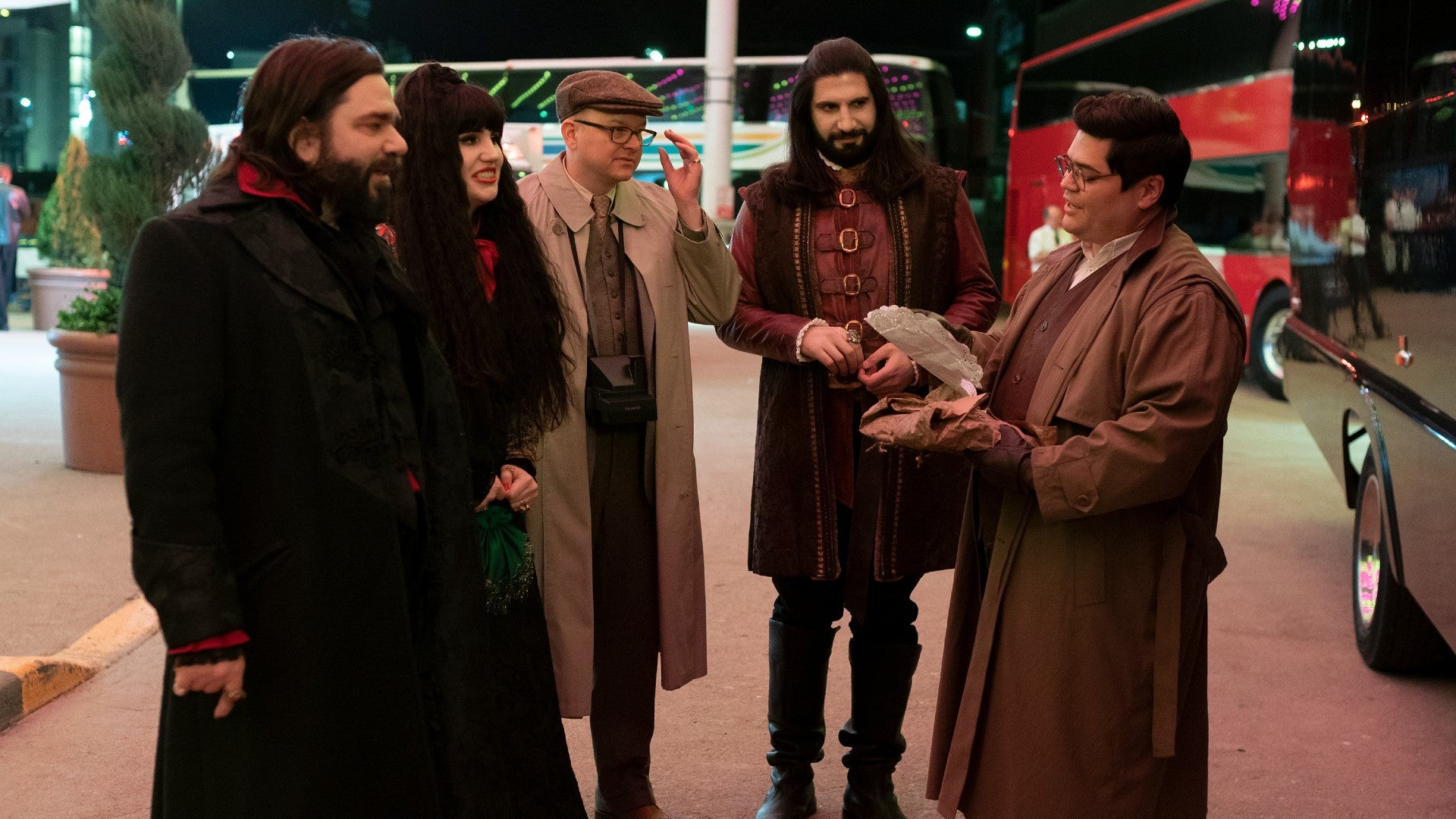
Based on the 2014 film of the same title, this mockumentary series manages the difficult, Seinfeld-ean task of being about nothing in particular and still being funny. Sure, the show’s episodes usually revolve around its core cast of vampires’ unfamiliarity with the real world, but the stakes are low—no pun intended—and the character relationships get to develop at a relaxed pace. Even when new monsters or more fearsome vampires are introduced, the show never loses its absurd, goofy tone. And from insecure Nandor and feisty Nadja, to exasperated Guillermo, monotone Colin, and sassy Laszlo, What We Do in the Shadows boasts one of the most robust ensemble of bumbling protagonists on TV today.
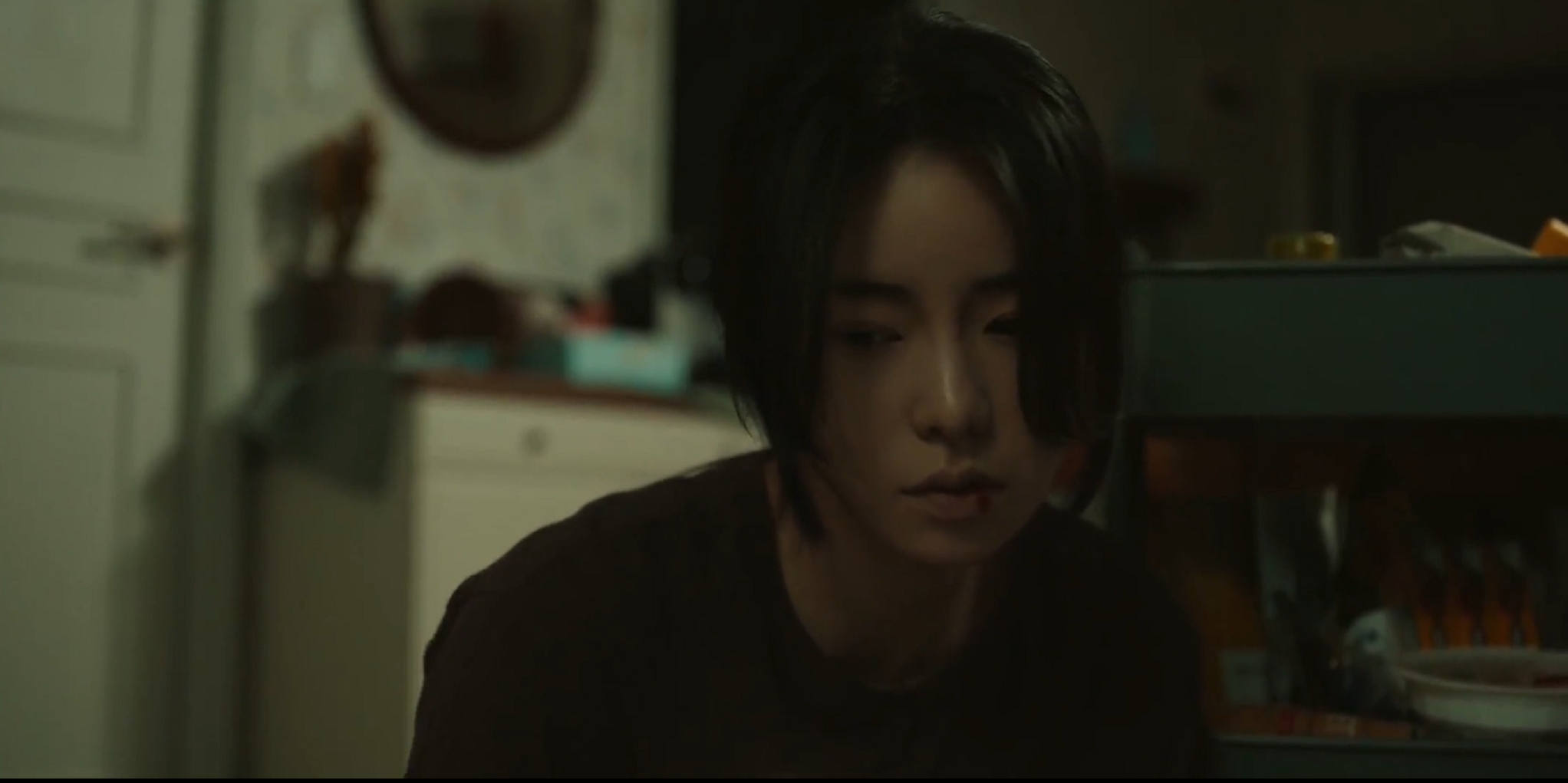
A mysterious rotting smell and hard thuds heard from above start the series off on an eerie note. Moon Joo-ran (Kim Tae-hee) is a seemingly perfect housewife, but under the guise of her well-kept home are a secretive husband and a son who possibly resents her (currently unknown) condition. Meanwhile, Chu Sang-eun (Lim Ji-yeon) is trapped in an abusive marriage and dreams of escape. As Joo-ran becomes paranoid about the smell in her backyard and Sang-eun gathers evidence to leave her husband, the two women find a harrowing revelation. Leads Kim and Lim immediately offer memorable, haunting performances, while the setup described above is a captivating start to a psychological thriller that promises a web of secrets and lies.
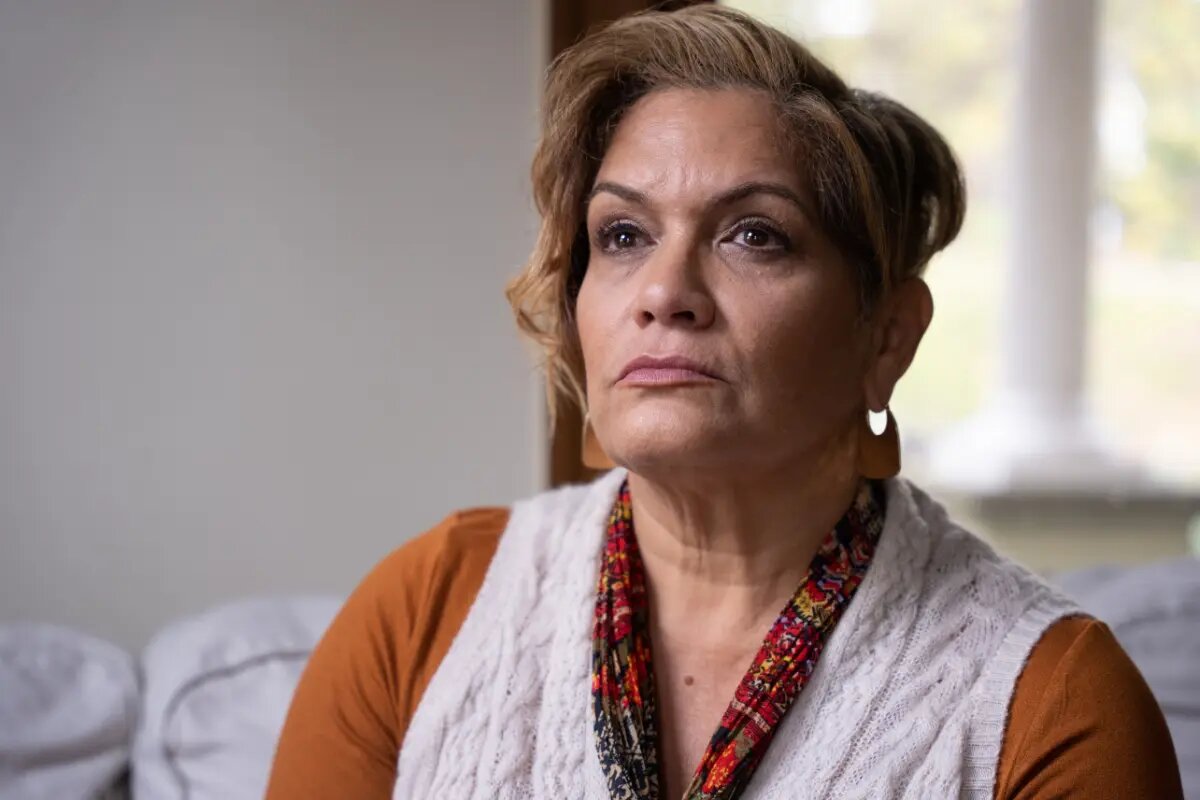
There’s no room for glamour in this heartwrenching yet inspiring documentary of first-hand accounts from mothers who went above and beyond for their children. These days it is hard to escape fancy editing, theatrical reenactments, and law enforcement’s clinical recounts in true crime productions, but these four stories inject much-needed empathy for victims. In each episode, the mothers’ fight for justice and their children’s safety illuminates the strength of a community, the goodwill of strangers, and the perseverance of all (with or without the help of the law). Straightforward and respectful, these first-hand accounts will appeal to viewers wanting humane narratives and a few happy endings.
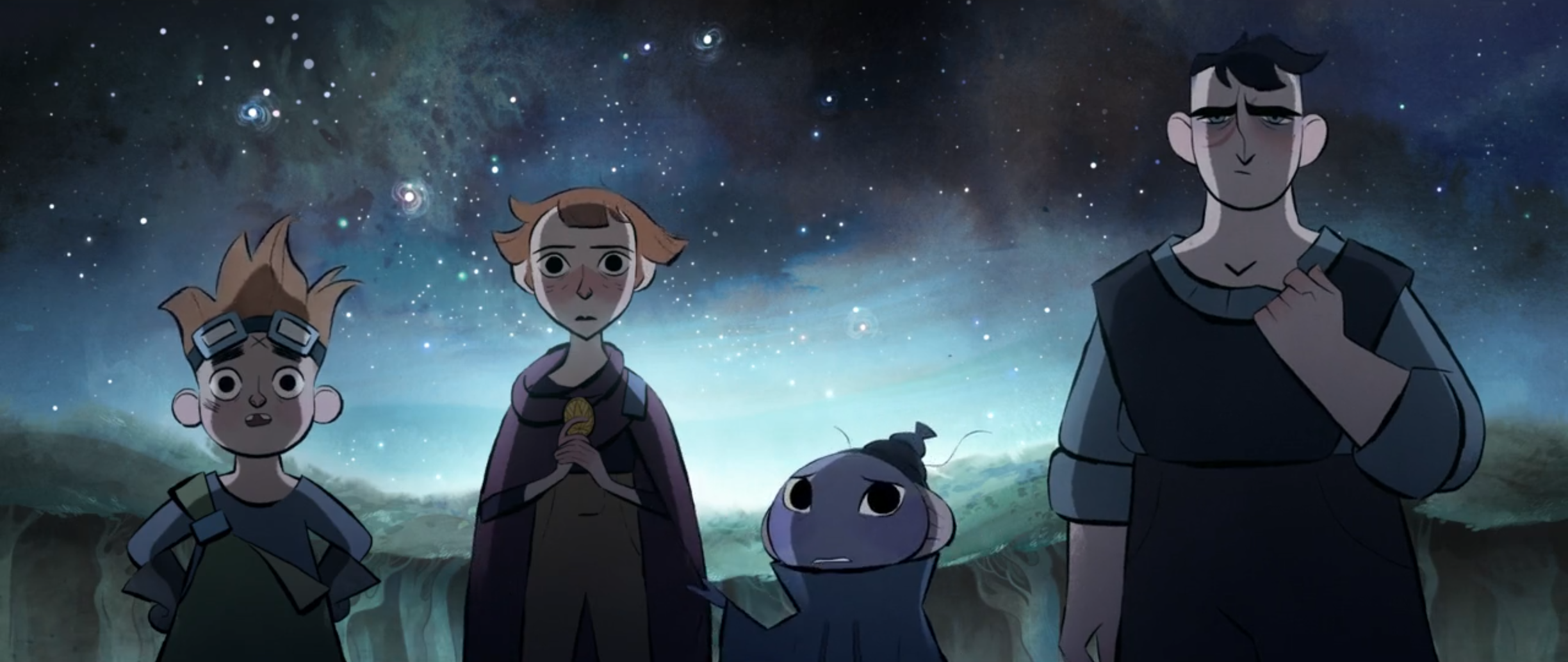
More a showcase of various styles of animation than an expansion of Star Wars lore (and all the better for it), Visions finds some of the freshest expression for these tired tropes—rendered in what are easily the best visuals this franchise has ever seen. Across the 18 episodes of its first two seasons, the series communicates the mystical nature of this universe with much more ease than the live-action films do. And even as Visions begins to repeat some of the exact same ideas and story structures in multiple episodes, the repetition also begins to feel like the reinforcement of a universal narrative throughout time and space: there will always be light that will counter the darkness, often coming from the bonds between family and friends.
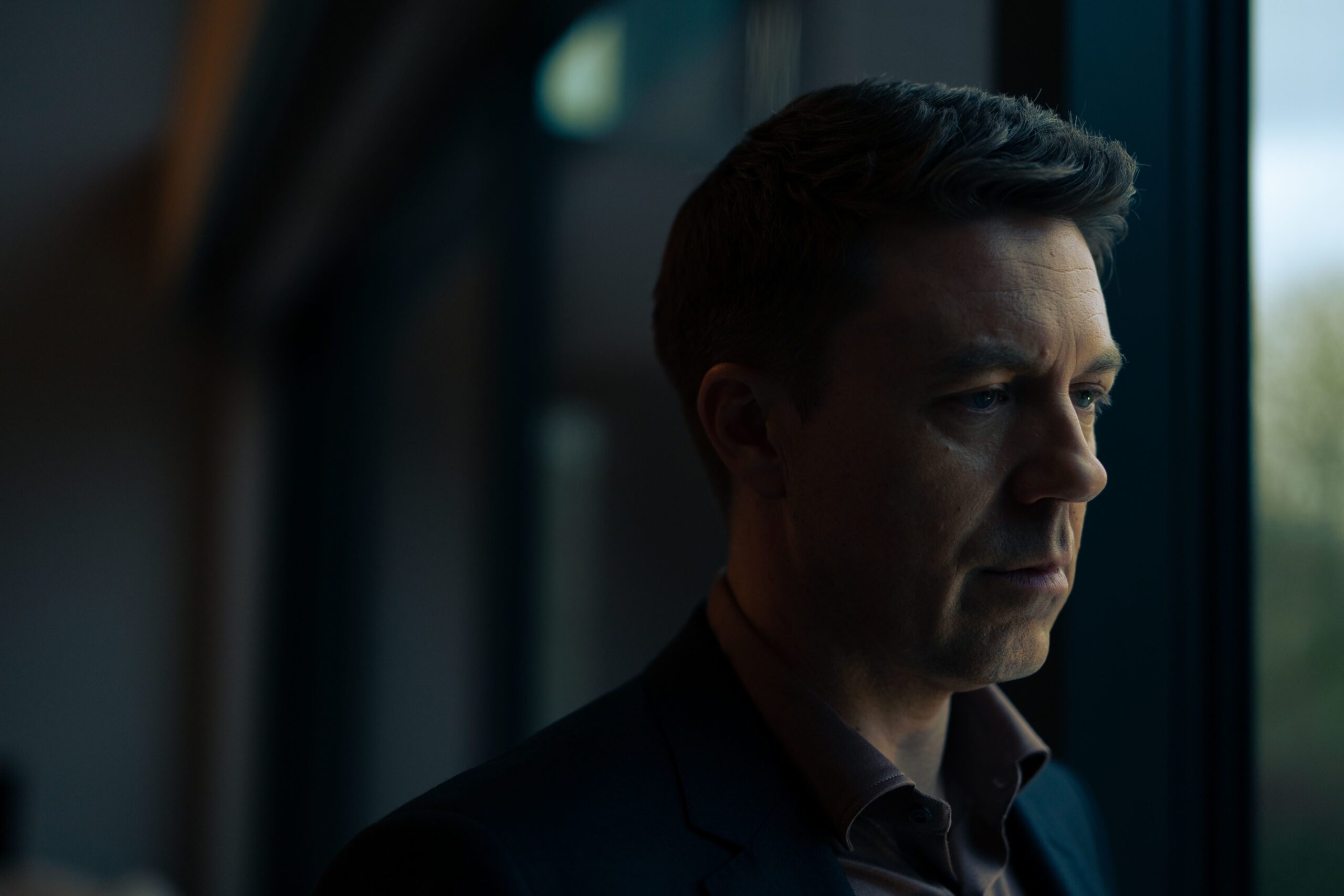
From Happy Valley and Line of Duty to Luther and Sherwood, the BBC has produced some of the finest police dramas in recent TV history, and Better is a worthy addition to the roster. It’s not as refined as the mentioned shows, but it’s grounded by a riveting, morally conflicted performance by Fazard. The breakdown of her conscience, the constant negotiation between obligation and survival, the road toward redemption—Fazard embodies it all with rugged grace. It’s not often we get the point of view of a corrupt cop, and when we do, we rarely see them with this much screen time and backstory. Better is an okay crime thriller, but it’s even better as a character study of the well-meaning, desperate, and brilliant Lou.
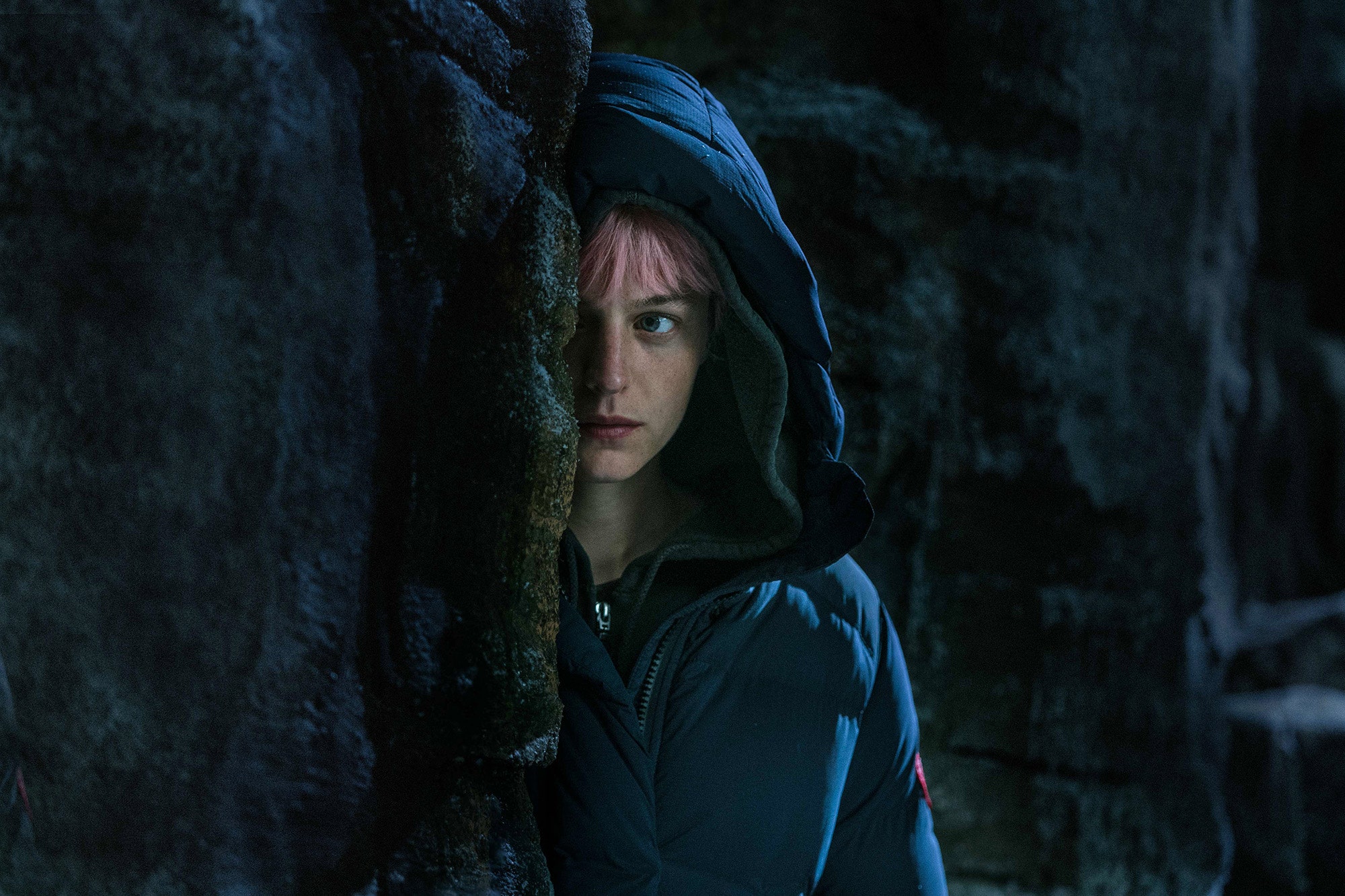
From the title alone, A Murder at the End of the World is, of course, a murder mystery, a whodunit set in an isolated location, a la Agatha Christie. But the second TV collaboration of showrunners Brit Marling and Zal Batmanglij infuses amateur forum-based sleuthing, with contemplation of technological dependence and on human connection. It does so through two plotlines: one, following the investigation at the mysterious, icy tech retreat, but the other one follows how the connection between the investigator and the victim began, in the warmer tones of the Midwest. The resulting back-and-forth leads to a delightfully addictive mystery held up by the incomparable Emma Corrin.
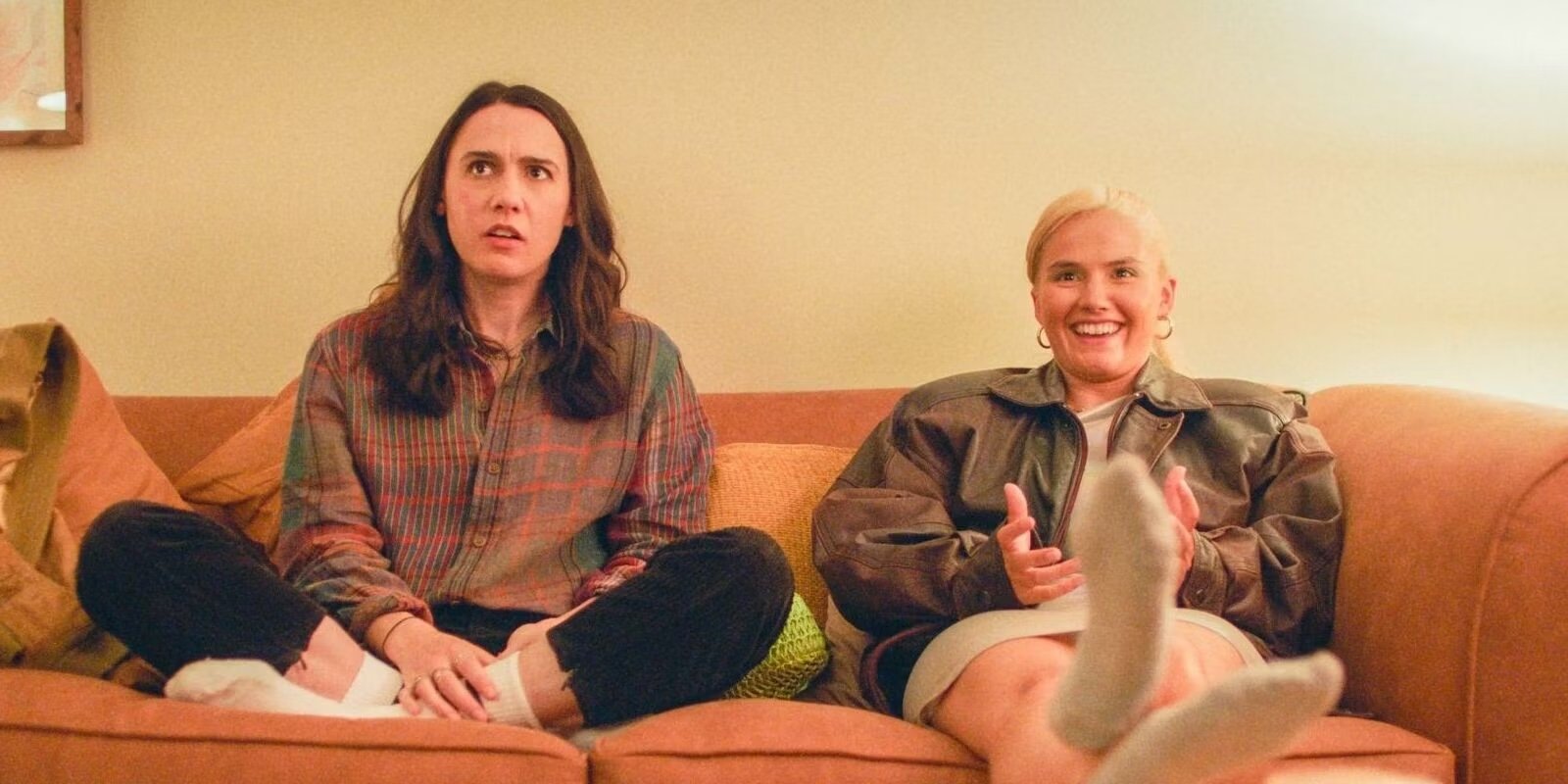
In an early scene in Such Brave Girls, Josie (Kat Sadler) compares herself and her sister Billie (Lizzie Davidson) to a more attractive woman. “She’s live, love, laugh,” she says, “We’re death, silence, hate.” At this point, you’d think Sadler, who is also the creator and writer of the show, and Davidson, who is Sadler’s real-life sister, are the types to indulge in their sadness and romanticize their dysfunction. Though that happens to some degree, Sadler is self-aware enough to steer clear of wallow territory and offer something insightful about mental health and the ways we cope (or fail to, anyway). Parents who dismiss depression are called out, as are social workers and supposed experts who stereotype people with the illness. But weirdly enough, the show is never downright cynical. Josie is sweet enough to cut through the darkness, as are her ignorant and selfish though ultimately well-meaning family members. You’ll probably recall Broad City and Fleabag while watching Such Brave Girls because of its unapologetic approach to both sex and suicide, but maybe more than those two shows, Such Brave Girls is willing to root its themes deeper into reality. It almost never brings up mental health without contextualizing it in the family’s low-income state, making it one of the most relatable and urgent shows you can watch right now.
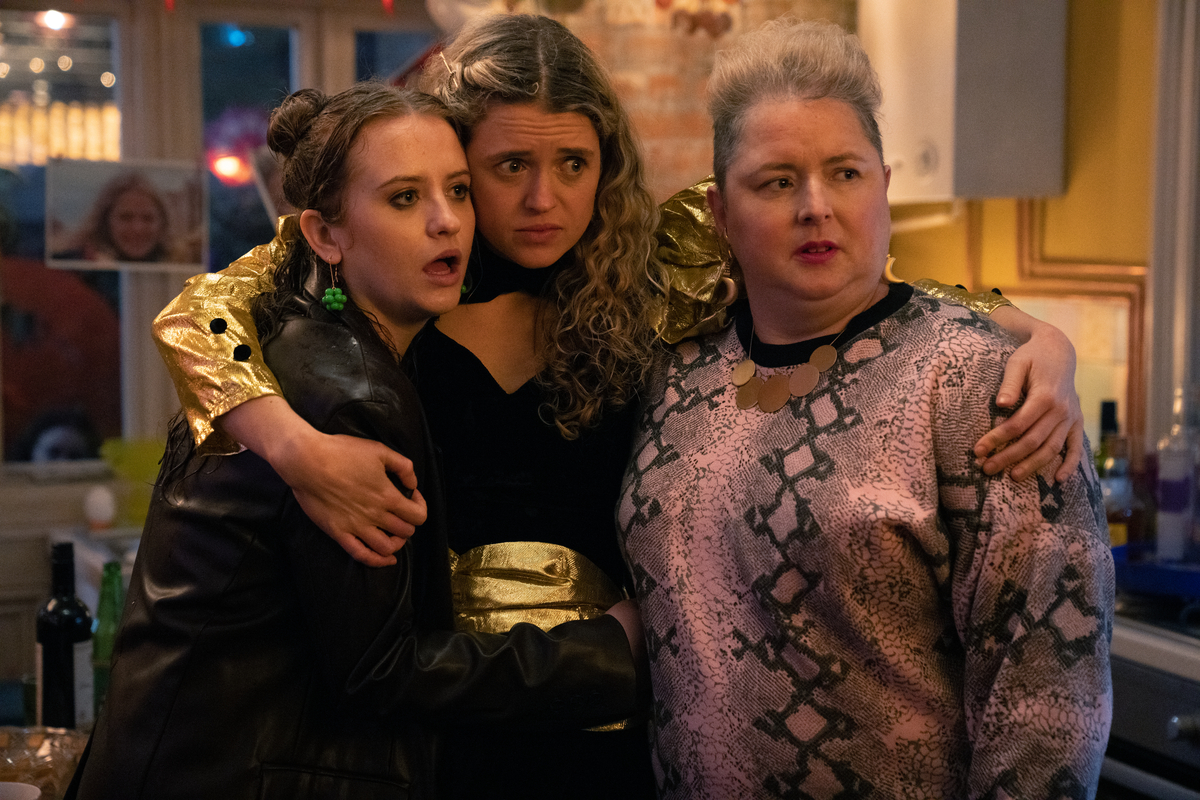
Imagine if the show Girls was Marvel-ized (or if you like, Derry Girls blended with Encanto): that’s kind of what this series is, but actually good.
It has all the trappings of a quarter-life-crisis sitcom—broke 25-year-olds with big dreams and little prospects living under one roof—while also being set in a world where everyday humans develop a superpower by the age of 18. The British series follows Jen, a late bloomer who has yet to find her power. Having had enough of sucky jobs and boyfriends, she sets out to discover her power in the hopes of finally knowing more about herself. It’s a bizarre premise with an authentic, endearing core that’s certainly worth checking out.
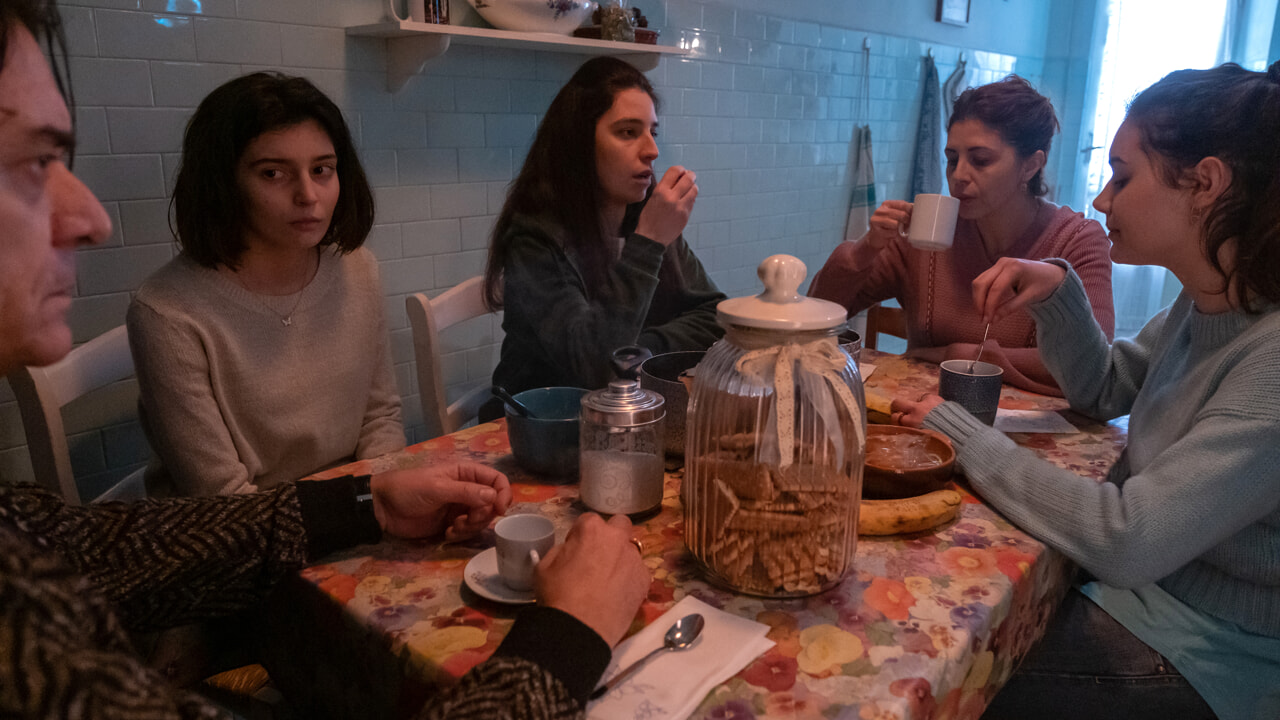
With years of films depicting Italian crime syndicates, most focus on their leaders – the Dons, the Capos, and the Consiglieres. Most of them focus on the mafia’s men. However, in this series, it’s the women who are the stars of the show. Based on the novel of the same name, The Good Mothers is a compelling crime drama, focused on the women, not the men, of the ‘Ndrangheta clan. It’s from their perspective we see the mafia. The masterful way the series unfolds makes it clear that their lives are constrained, that this dated way of life still prioritizes the family over their individual women. It makes it all the more satisfying when they’re given the opportunity to retaliate, and when they choose to take that opportunity. And it’s so much better knowing that this was real.
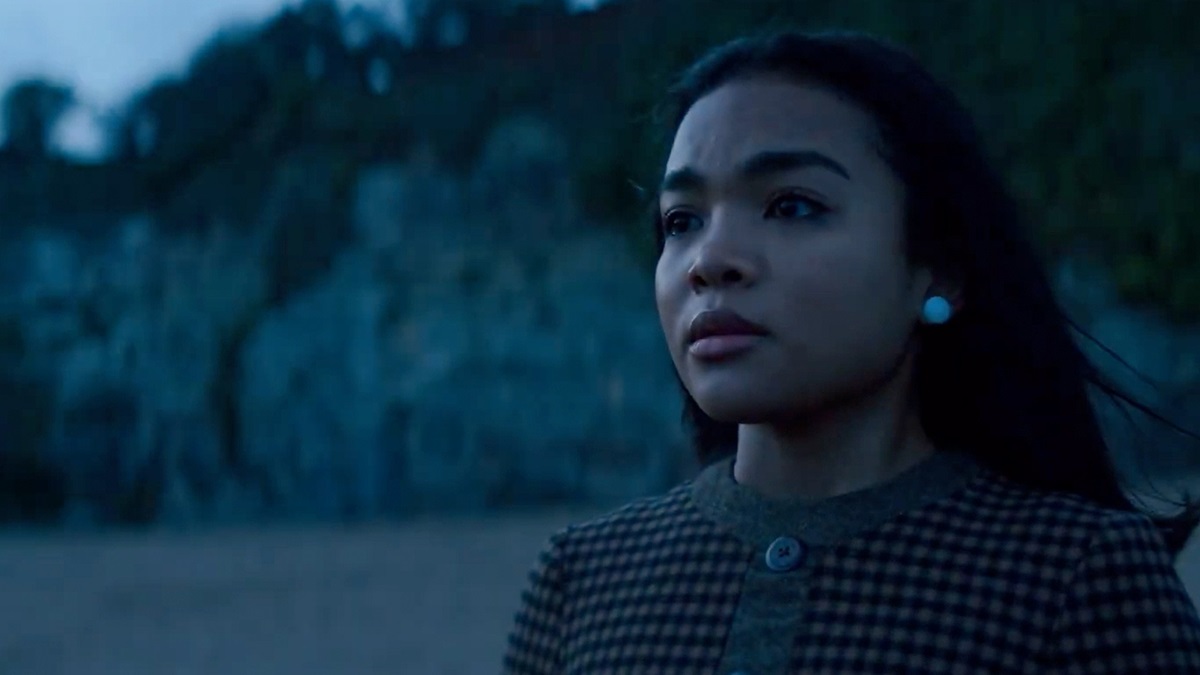
We don’t really know our parents the same way they know about us. Black Cake recognizes this, and takes that discrepancy to create a compelling mystery, expanding on that hidden world with themes of generational trauma, intercultural dynamics, and lost heritage. With the show doing justice to the book’s moments, the mystery of Eleanor Bennett’s former life is already compelling in and of itself, but it’s made even more so as her children try to make sense of it, changing their strained dynamic. It’s layered, well-written and deeply personal. It’s a unique story that has to be told.
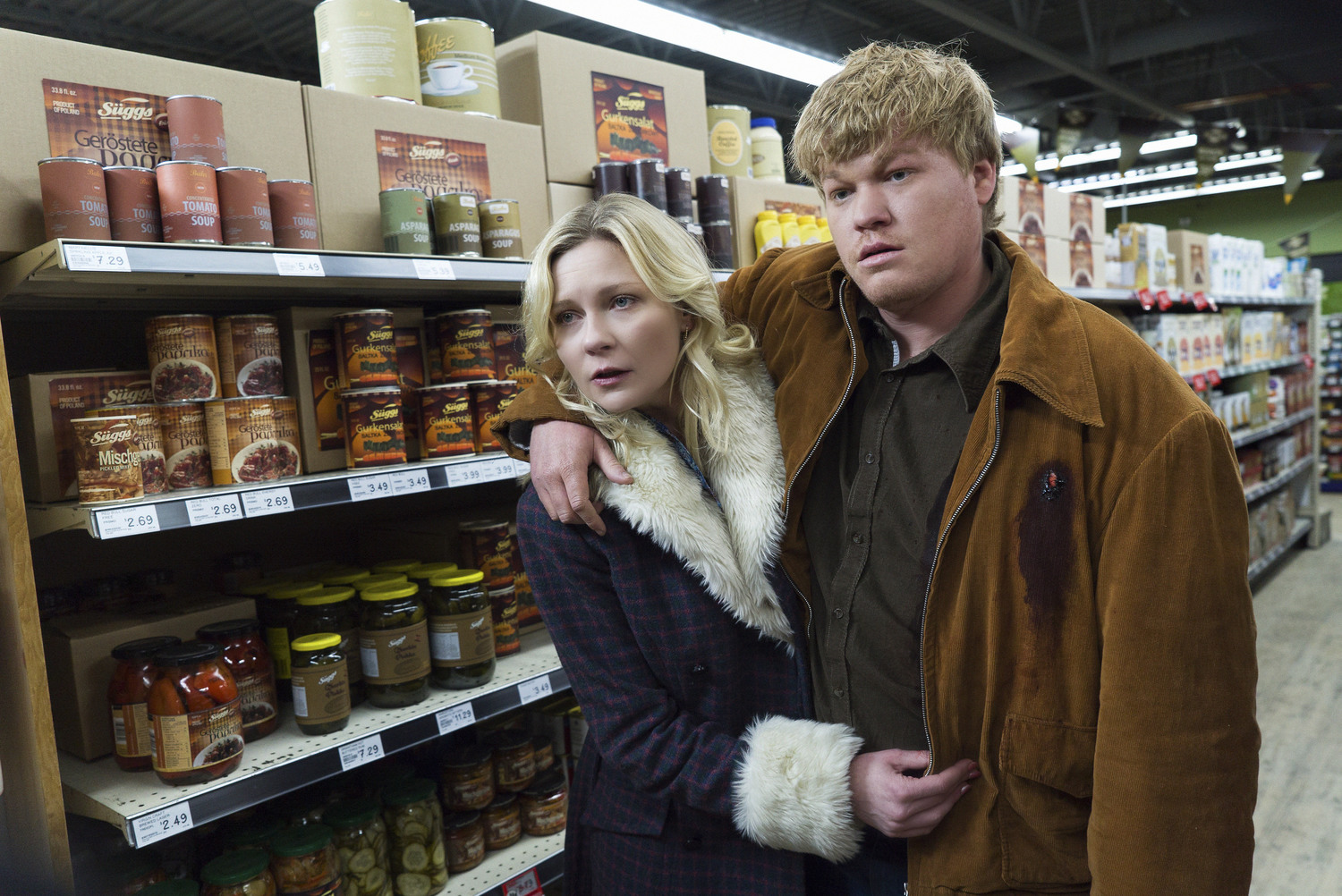
Taking the violence and offbeat comedy of the original movie and adding constantly expanding narratives on top of it, Noah Hawley’s TV adaptation of Fargo arguably becomes an even richer portrait of the dark side of human nature hiding inside modern, polite society. All four complete seasons of the anthology series (with a fifth currently ongoing at the time of this writing) are an exercise in seeing how many dominoes can topple from a series of mismanaged coincidences. The resulting chaos then becomes more of a reflection on the kind of facades these characters would rather maintain for the sake of some semblance of control.
And perhaps with the exception of the show’s ambitious but sluggish fourth season, every Fargo story is dripping in suspense and cinematic polish, with plenty of chilling visuals and intricate music and sound design—not to mention ensemble casts who are almost always at the height of their powers. Each season has at least one stand-out, be it Alison Tolman and Billy Bob Thornton in season one, Carrie Coon and David Thewlis in season three, Ben Whishaw in season four, and practically everybody from season two. These are all actors who understand exactly how to inhabit the world Hawley has deepened, through wry humor and surprising pathos.
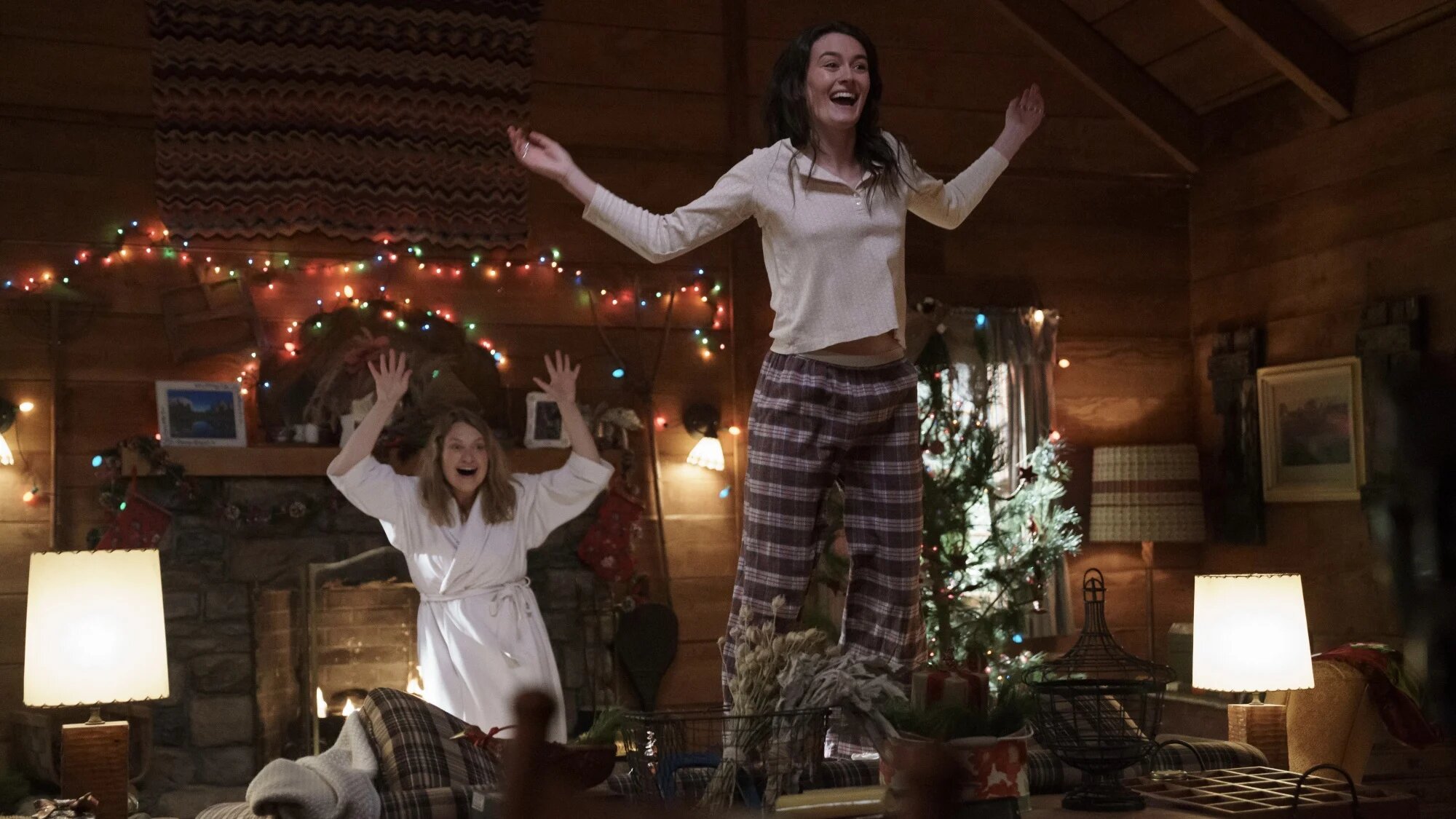
Based on the bestselling book of essays by Cheryl Strayed, Tiny Beautiful Things is, well, made of many tiny beautiful things. It’s at once a meditation on grief, a coming-of-age tale, a contemplation of family ties, a sobering look at a midlife crisis, a romance, a comedy, and an absolute tearjerker of a drama. It’s clunky on some fronts and much better on others, but overall the series packs a gut-wrenching punch with the ever-compelling Kathryn Hahn as the lead.
It’s surprisingly light with each of its eight episodes running at just under 30 minutes, but in all, the show effectively tugs at the heartstrings and provides welcome insight into navigating the highs and lows of living a small but meaningful life.
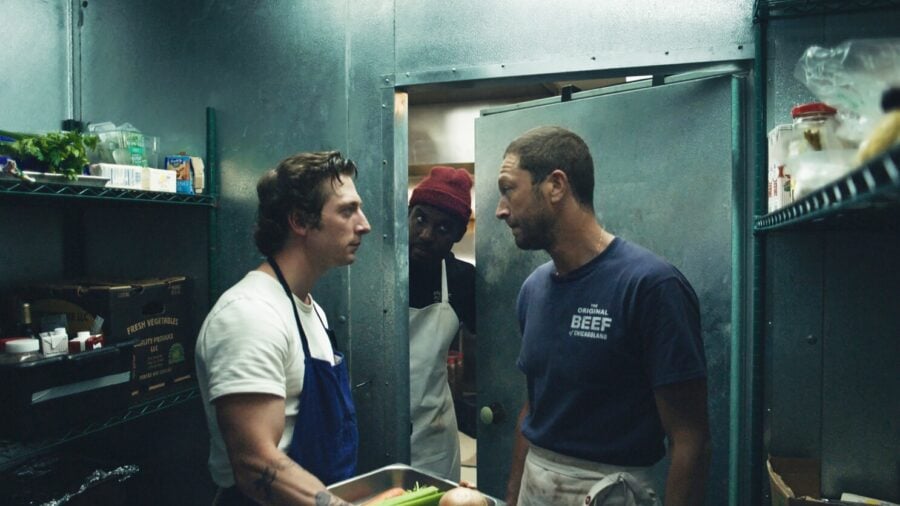
The Bear is a frantically paced miniseries that follows Carmy, a young and over-accomplished chef who moves back to Chicago to take over his family’s small restaurant. As his first order of business, Carmy tries to rework the restaurant’s so-called system, but he is continually rebuffed by the kitchen crew, who insist on maintaining their scruffy setup.
While Carmy and crew initially refuse to meet each other halfway, their tension soon gives way to an electric, workable chemistry, which then lays the foundation for a lot of surprisingly tender moments. Funny, gripping, and absolutely mouthwatering, The Bear is, as many critics have pointed out, an absolute chef’s kiss of a show.
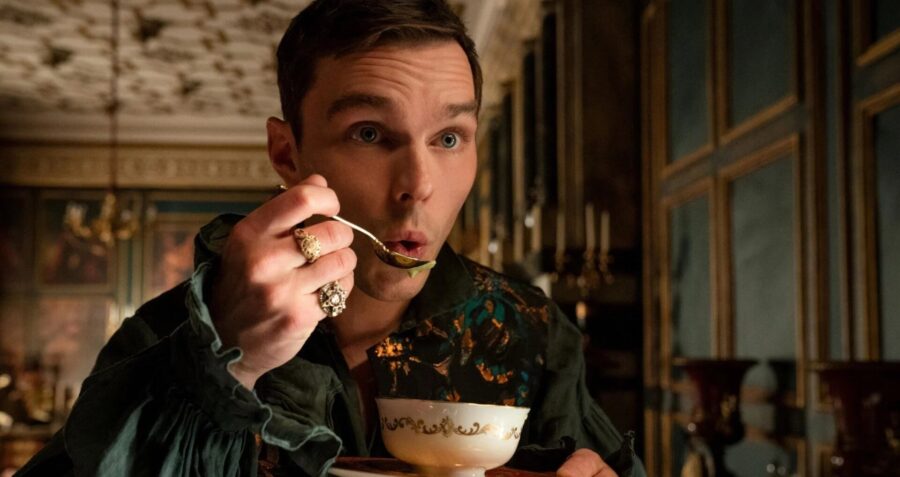
When Elle Fanning and Nicholas Hoult play power-hungry monarchs, what else more is there to say? The actors are very much in their element here, having already perfected similar roles in many films prior (one of them being The Favourite, which was co-written by The Great’s creator). They are the picture of elegance and royalty, and we need no convincing that they can hold 18th-century court.
Which is why when The Great takes us into its true, crude depths, they transform from simply credible to incredible. Aided by a wonderfully offbeat cast and the one-two punch of a hilarious and raunchy script, Fanning and Hoult deliver splendidly.
To be sure, this satirical show is not always funny. Sometimes, it takes dark turns to underscore the cruelty of the era, and other times it is genuinely moving in its drama. But this revisionist take on Russia’s Last Empress will always be a ball to watch, if only to see the artifice of aristocracy be stripped off and mocked with acerbic wit and might.
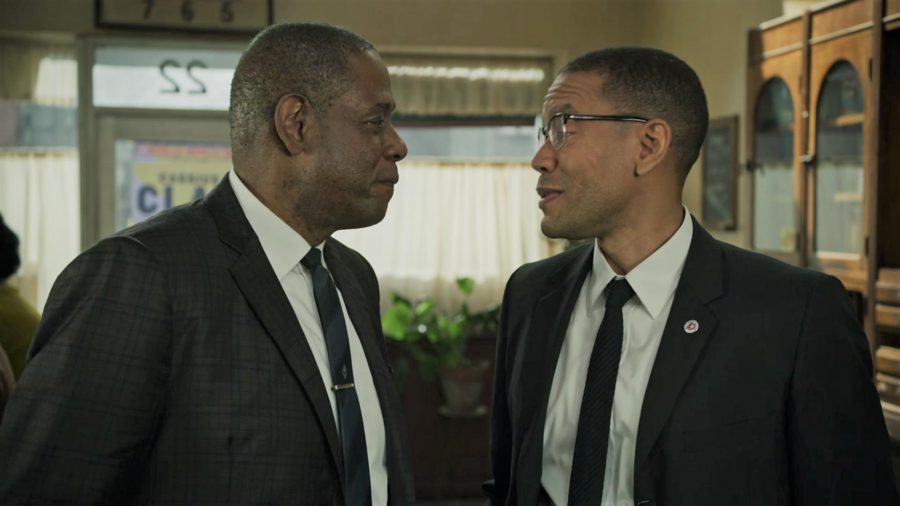
Viewers of American Gangster might have wondered about the fate of heroine kingpin Ellsworth “Bumpy” Johnson, who dies in the movie’s opening scene (of natural causes, mind you). On par with Al Capone or Billy the Kid, Bumpy Johnson was, in fact, a cult criminal and an underworld legend, but known almost exclusively to the people of Harlem, where he ran the drug trade for thirty odd years until the 1960s.
After receiving many nods in films like Hoodlum, Escape from Alcatraz, and Shaft, the story of Bumpy Johnson (played by Forest Whitaker, who also acts as producer) takes center stage in Godfather of Harlem. Co-created by the people behind Narcos, the series opens when Johnson is released from Alcatraz after a long sentence in 1963, when he returns to Harlem to find that much has changed. With the aid of civil-rights activist Malcom X (played, of course, by Nigél Thatch), an out-of-touch Johnson strives to reclaim his old neighborhood from the Italians in an all-out war.
Part deep-diving gangster epic, part 60s period piece with a modern sensibility, Godfather of Harlem has it all: gritty drama, great writing, swanky 60s style, and an awesome soundtrack.

